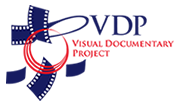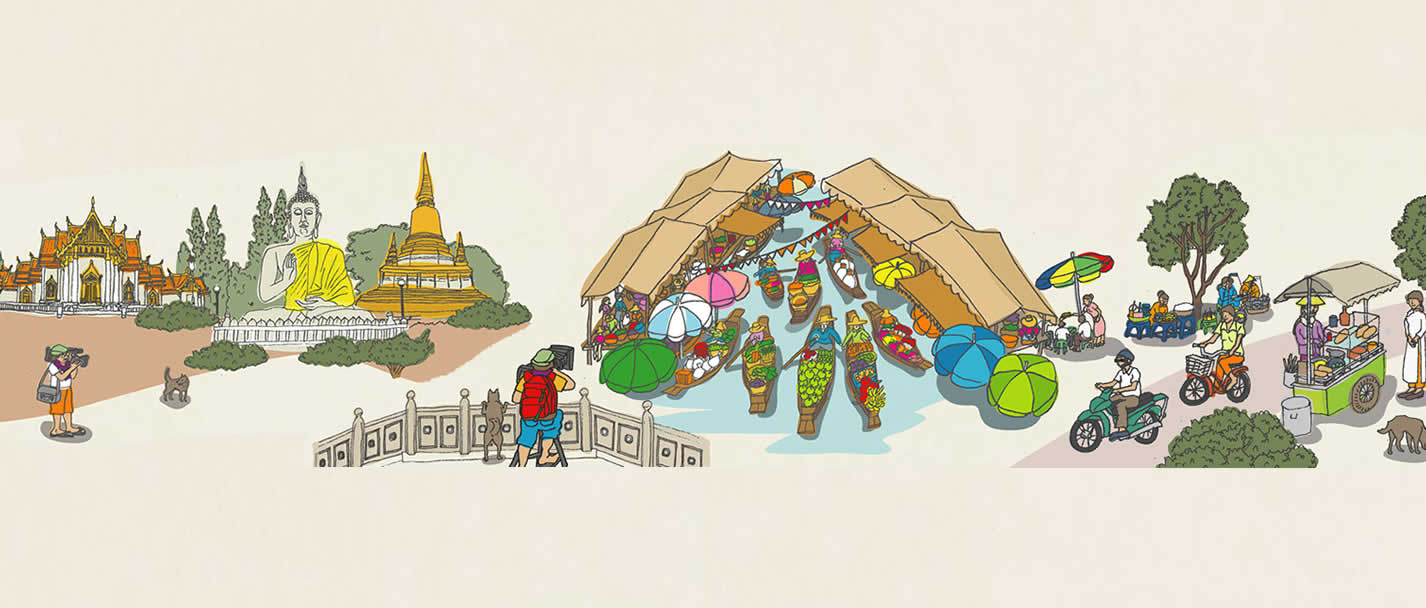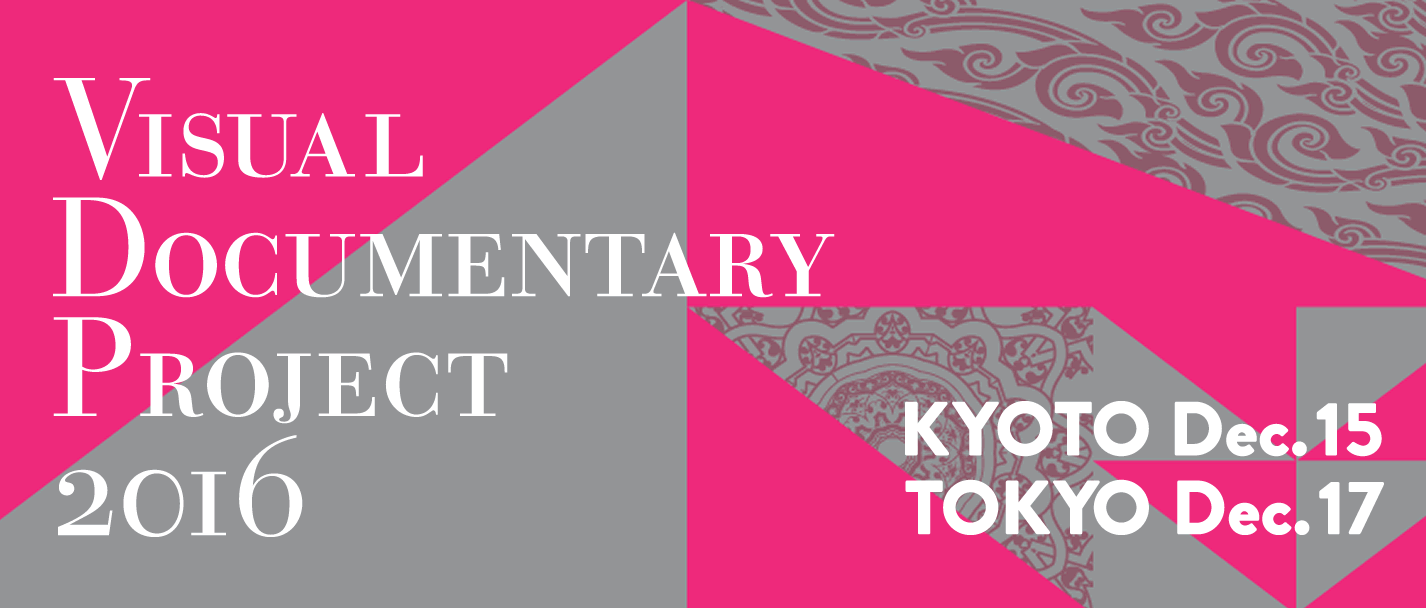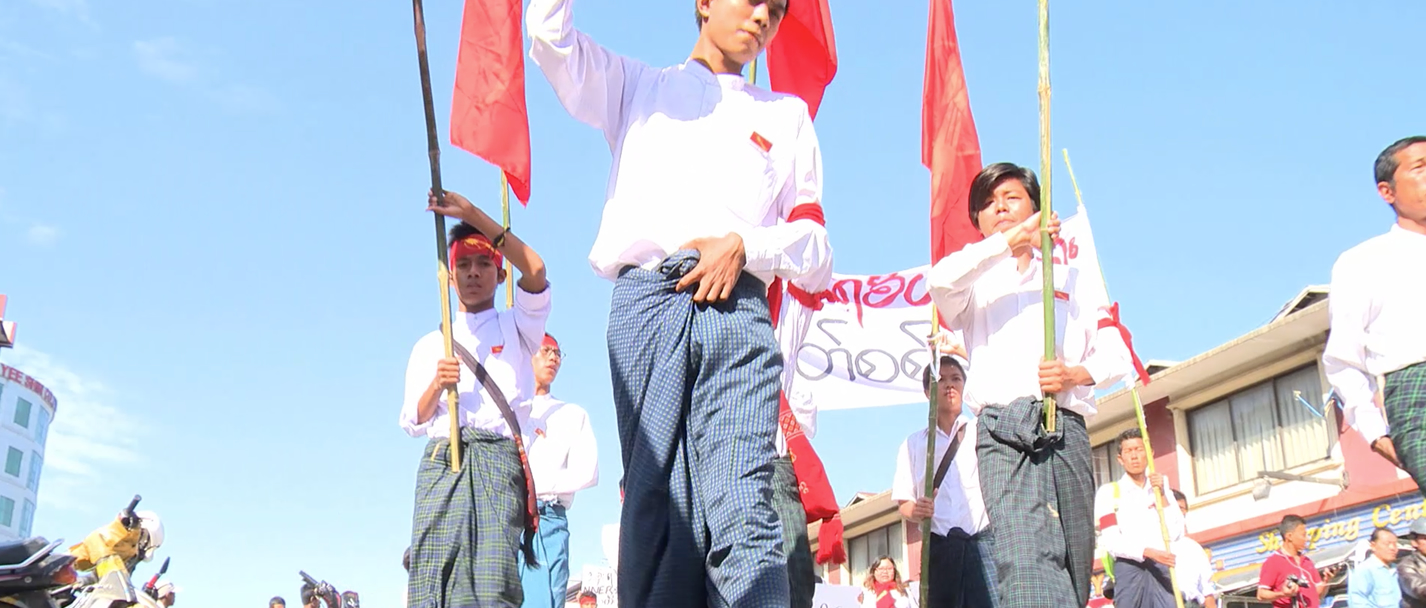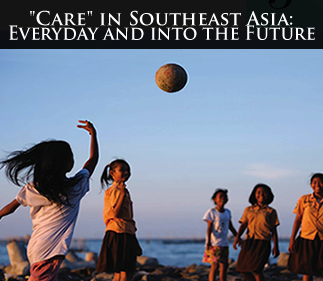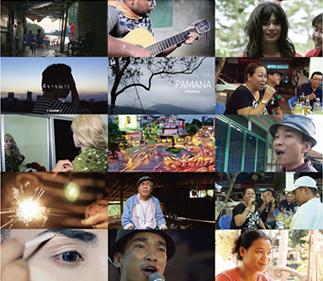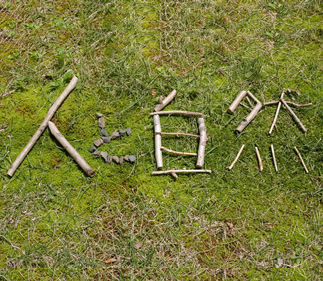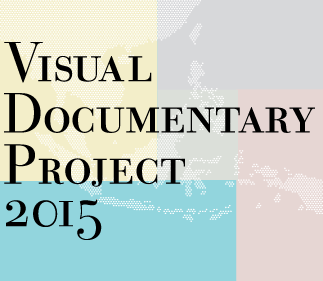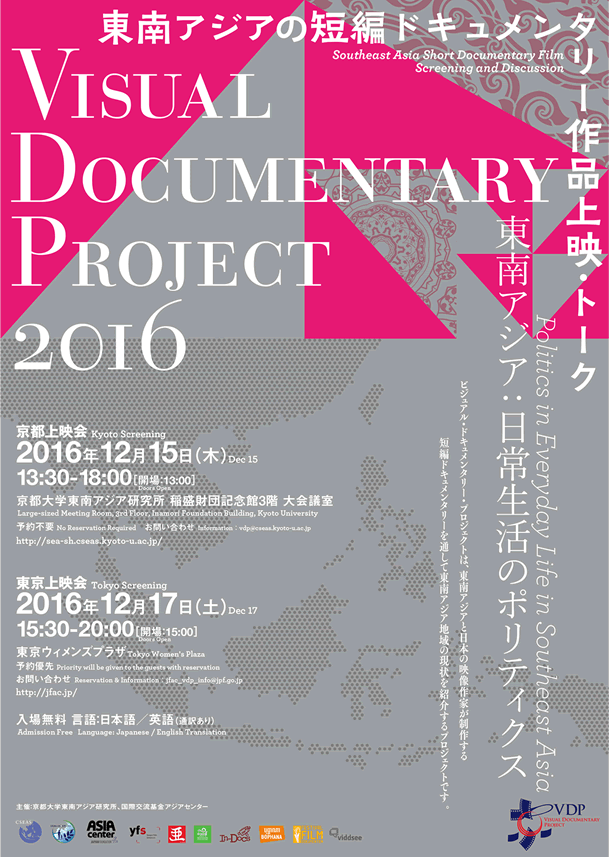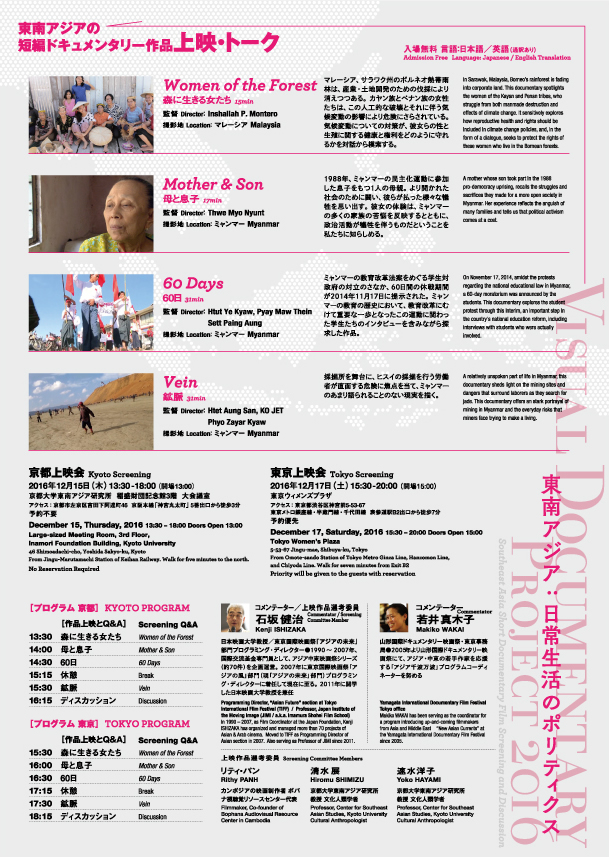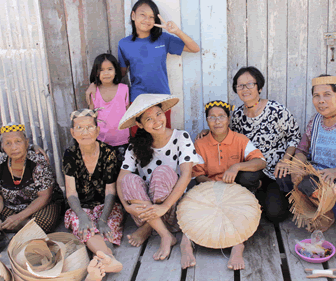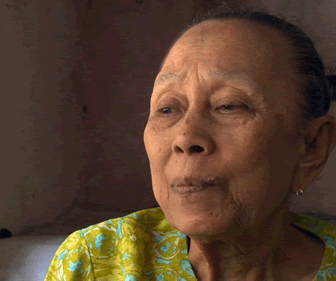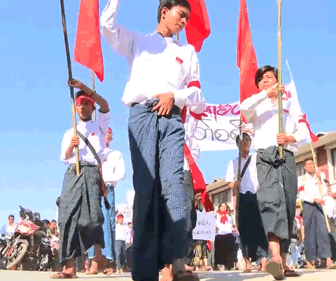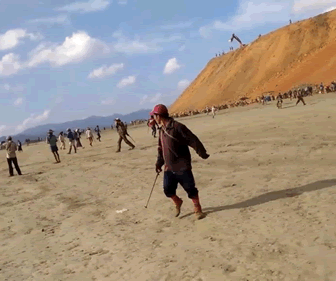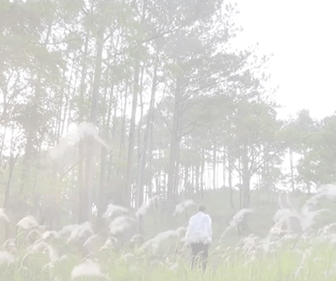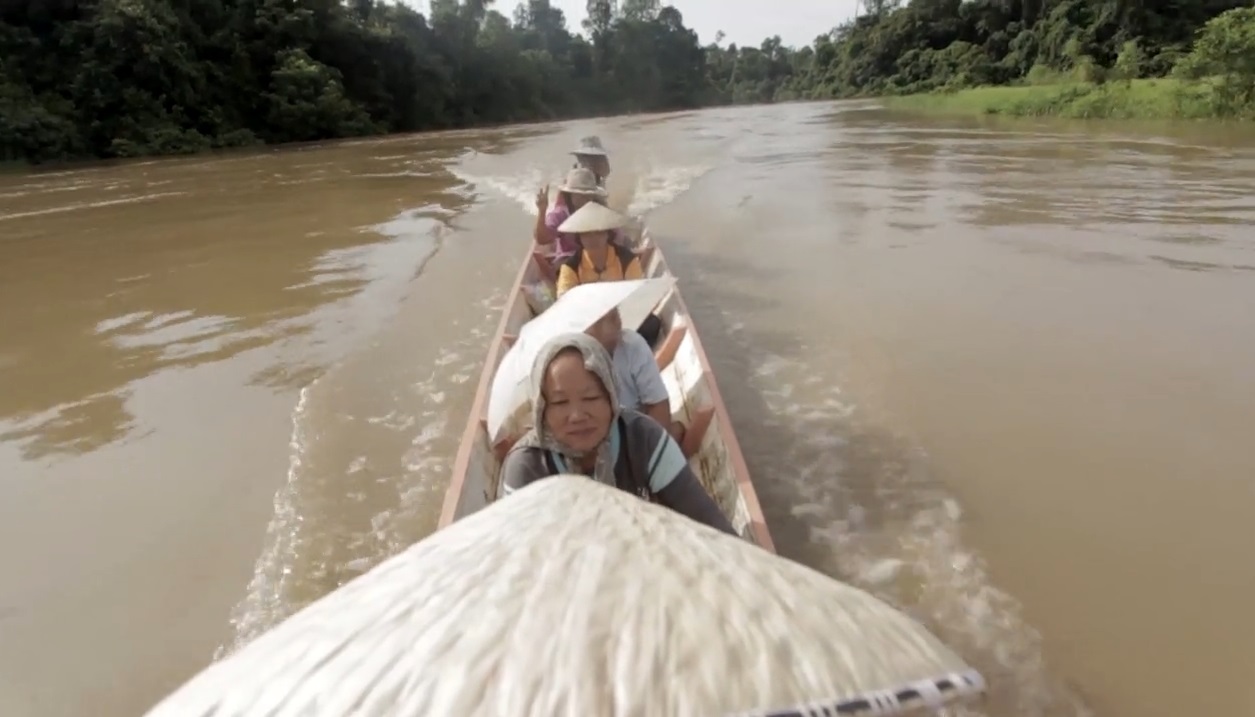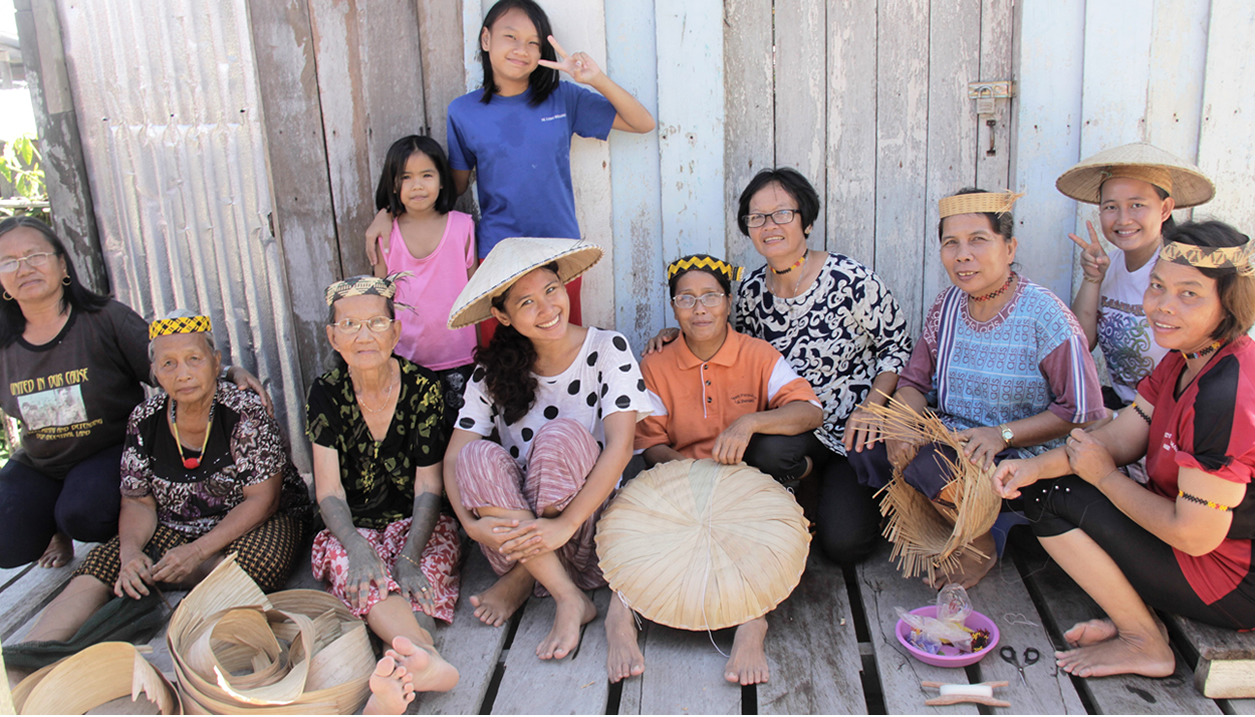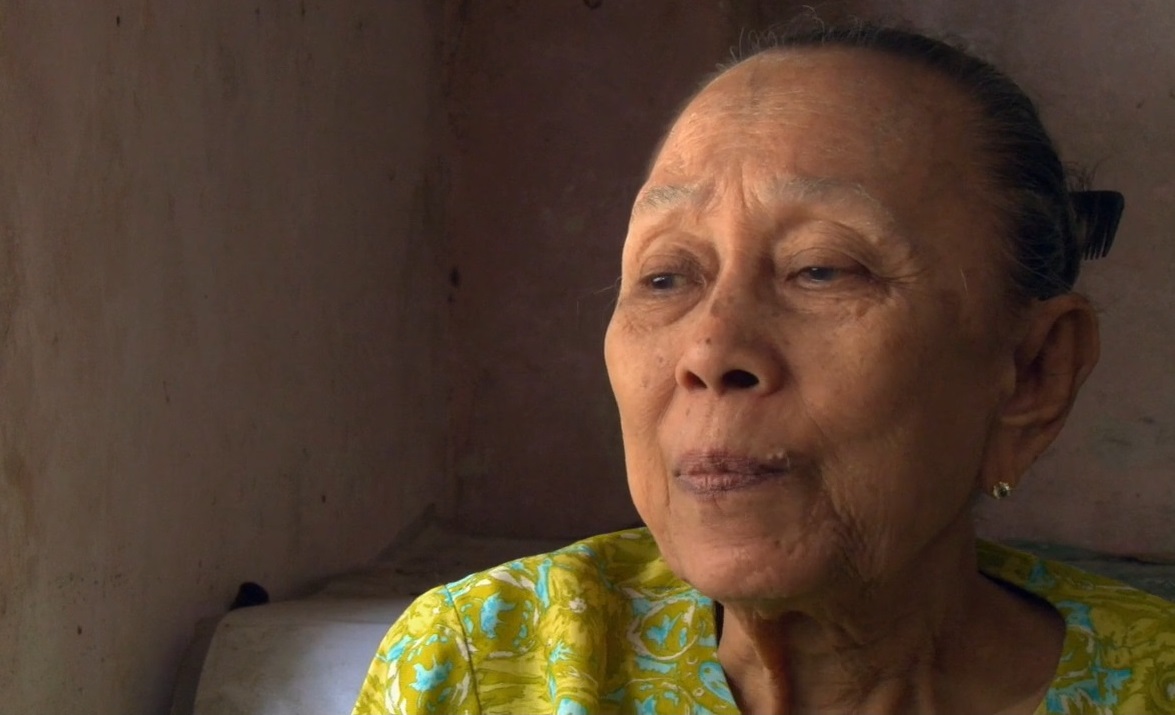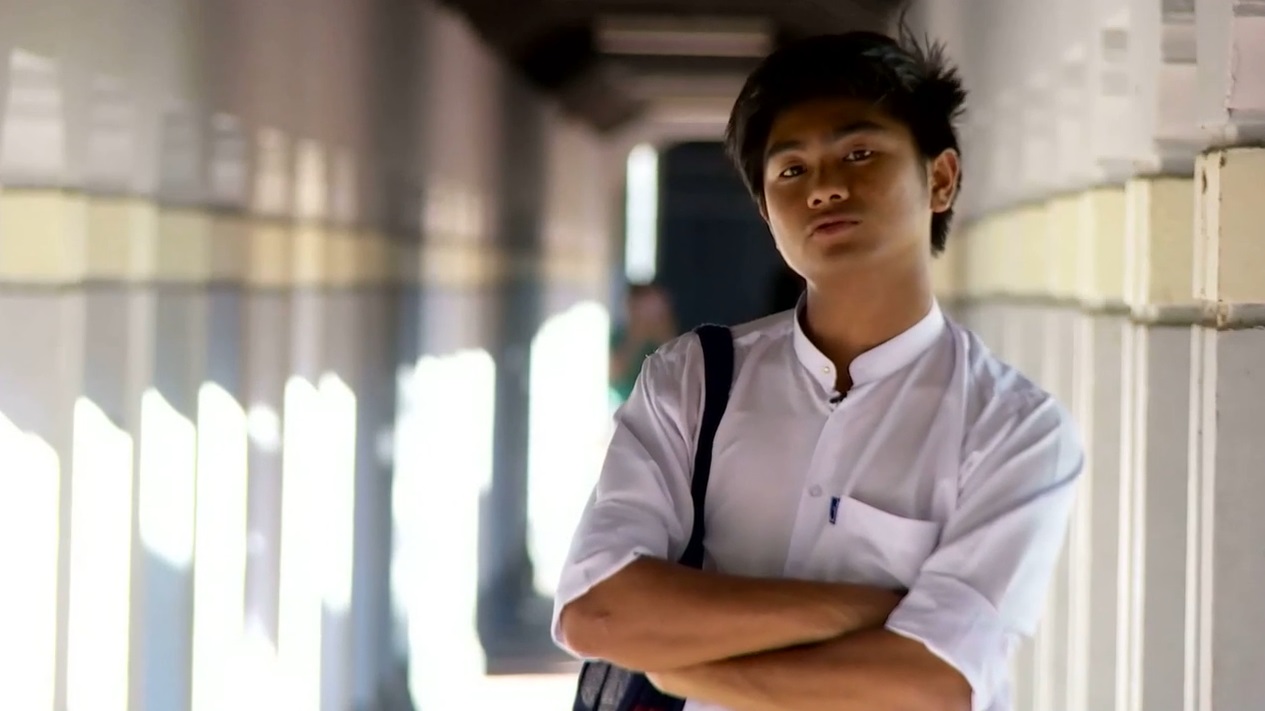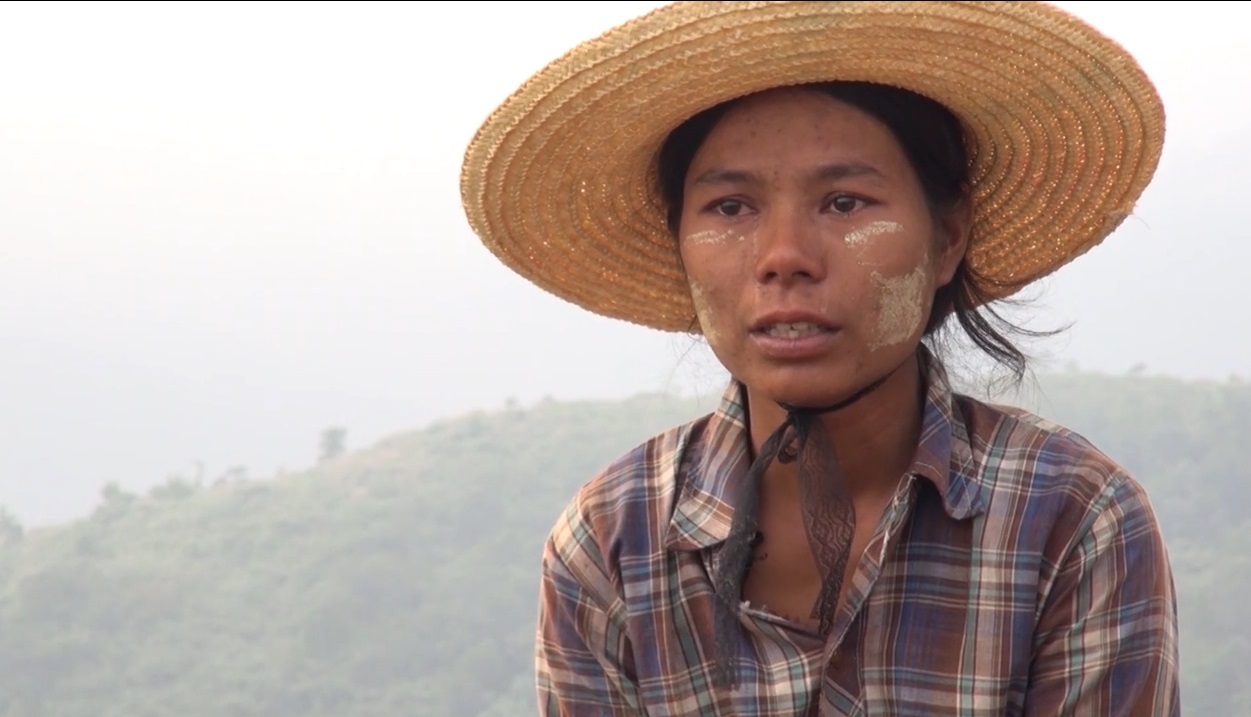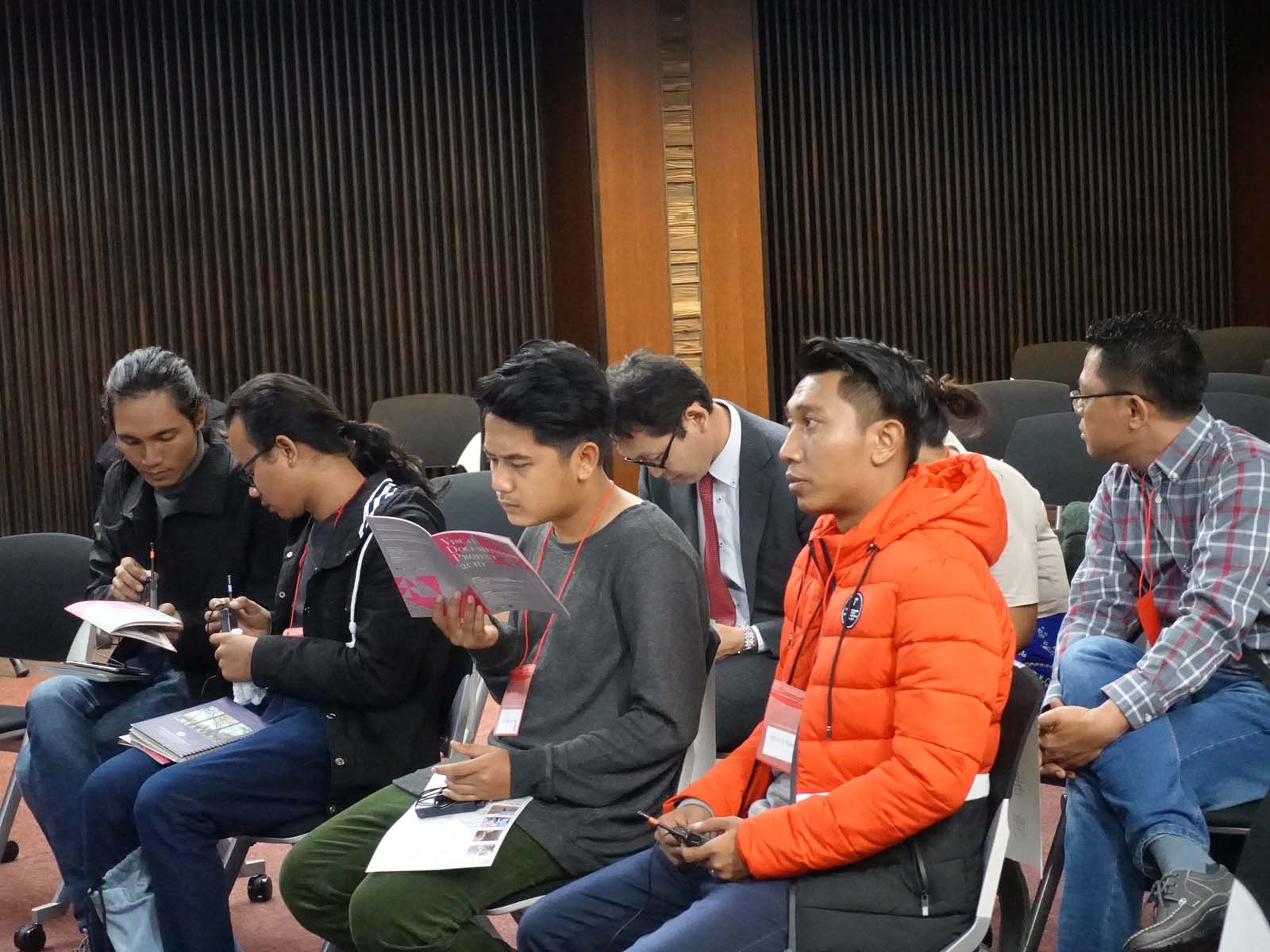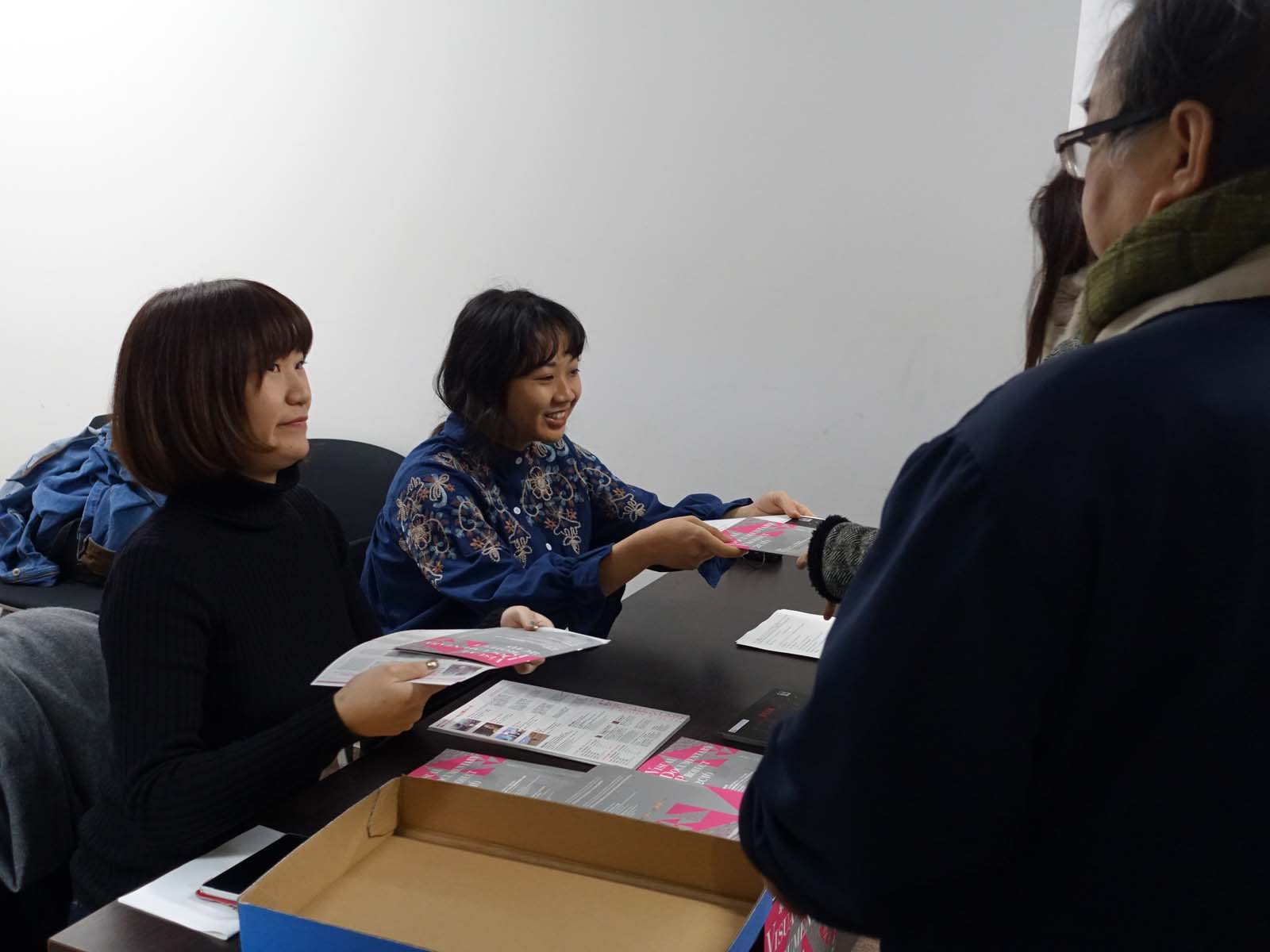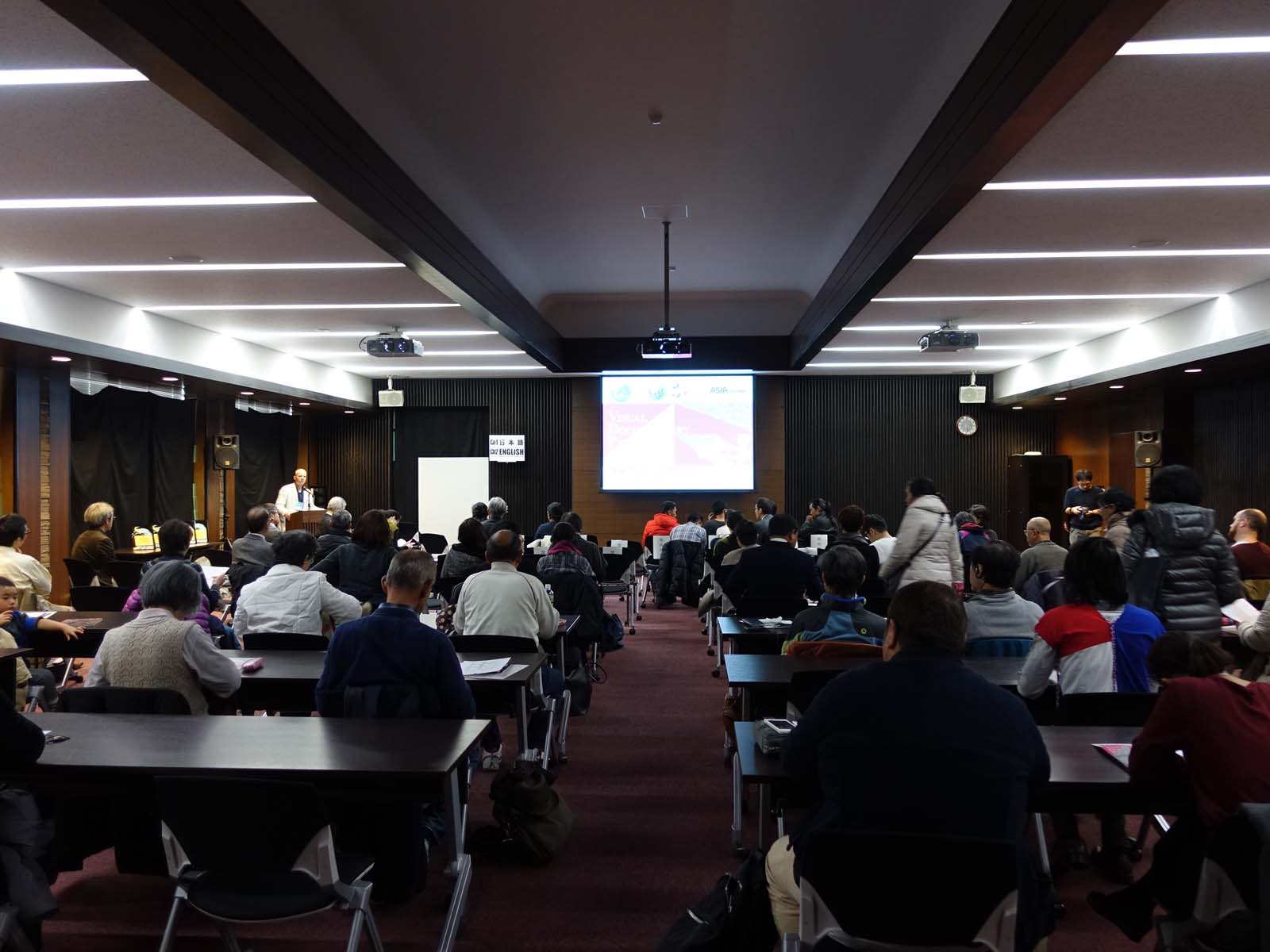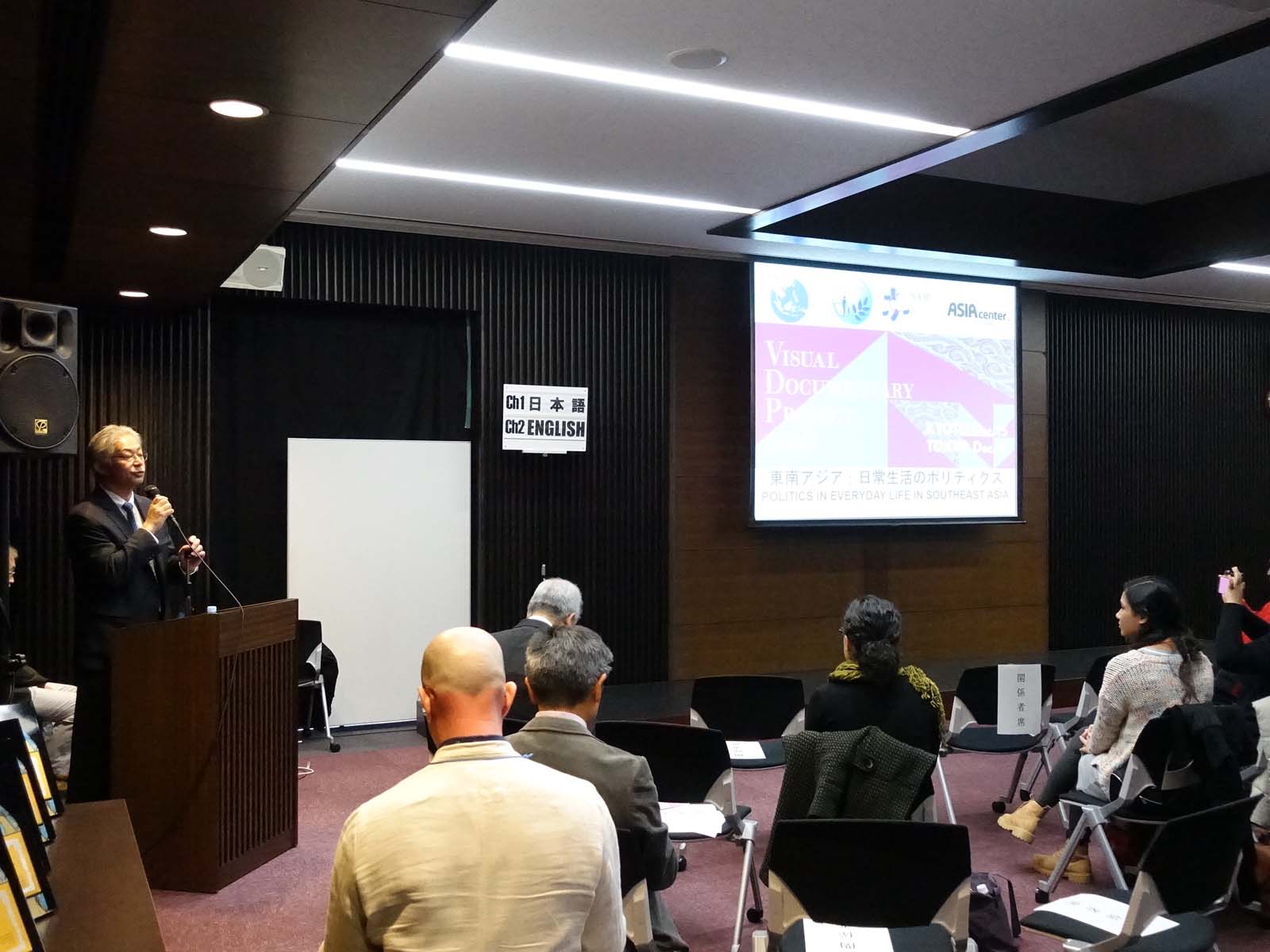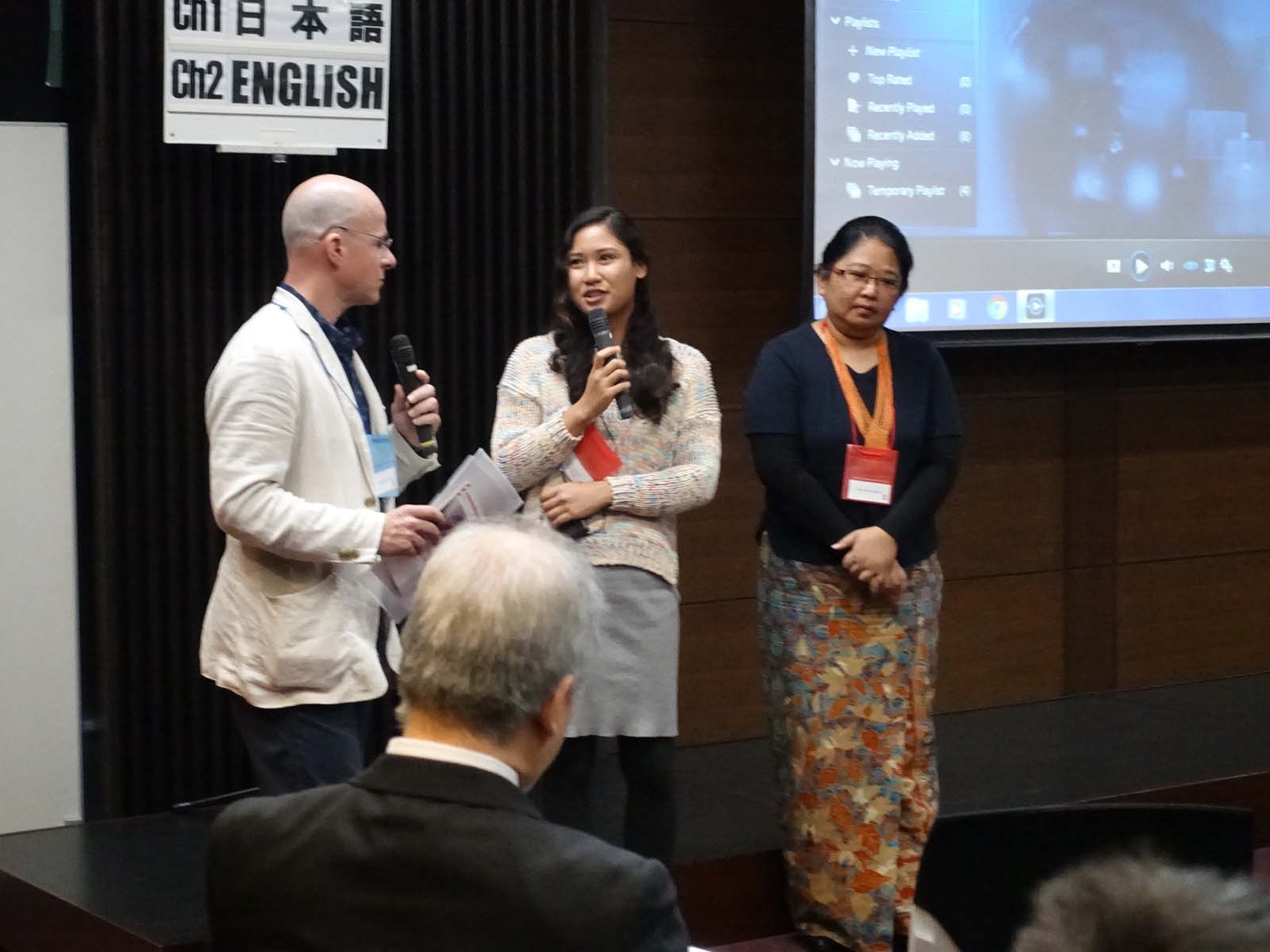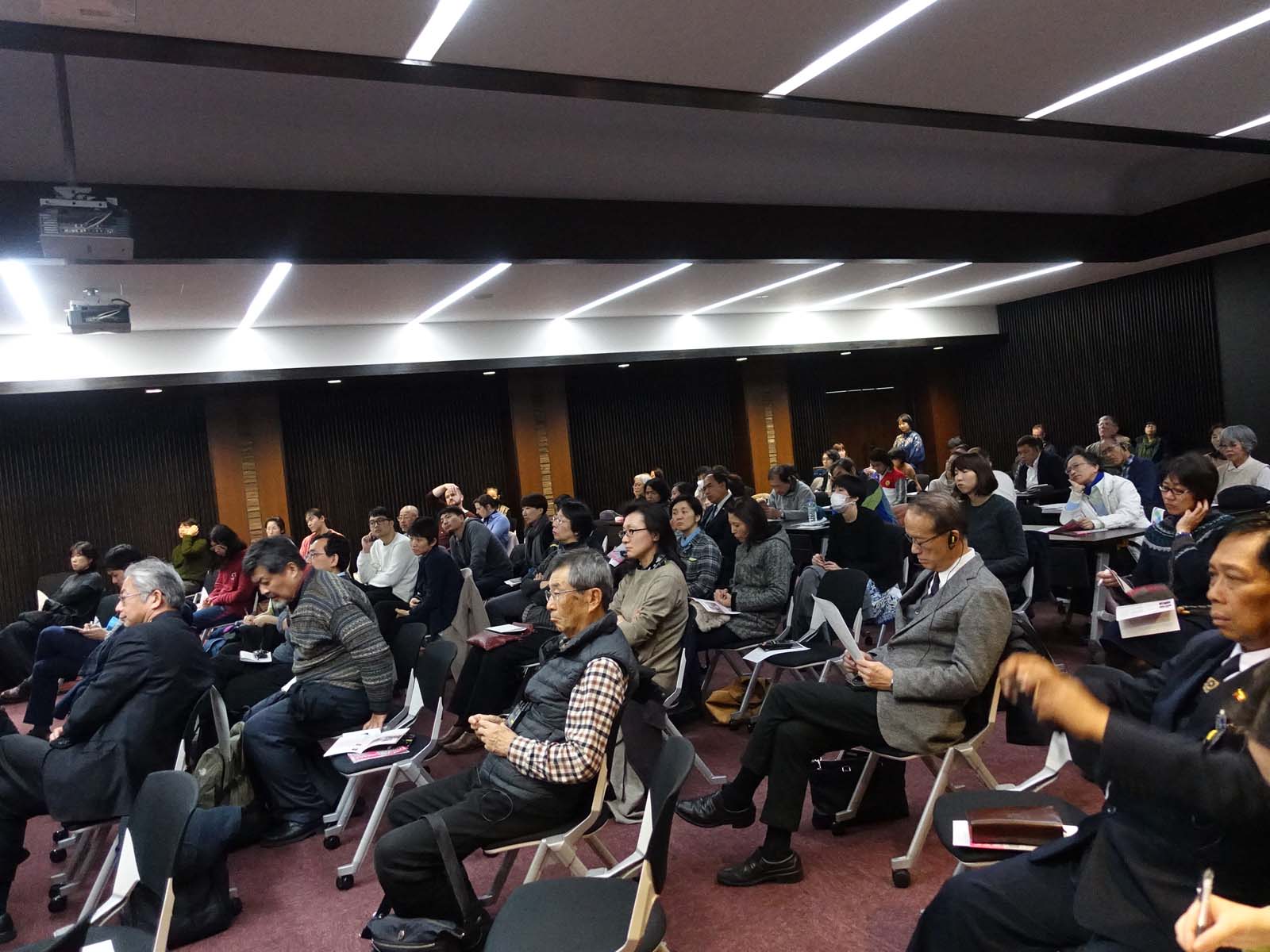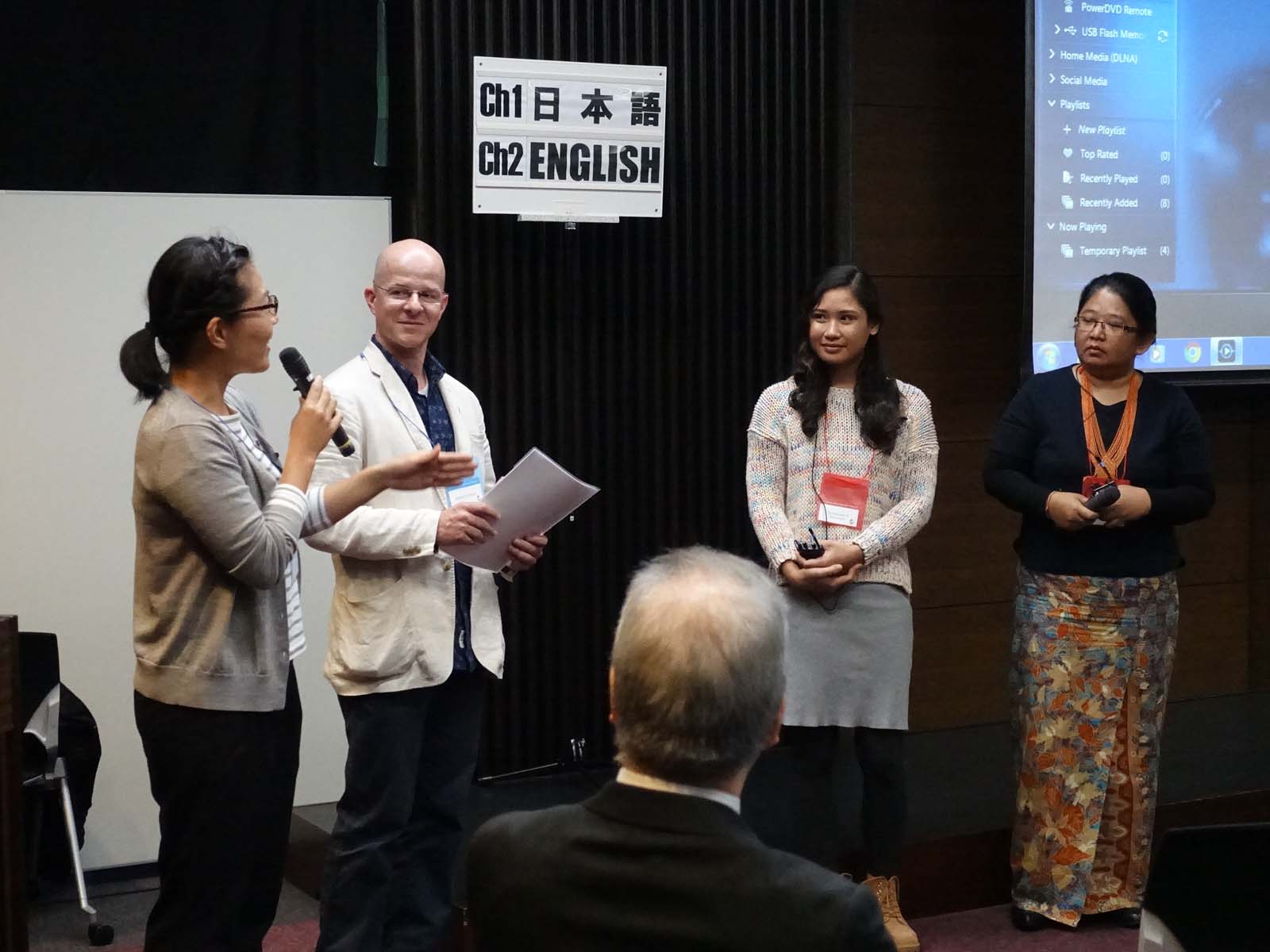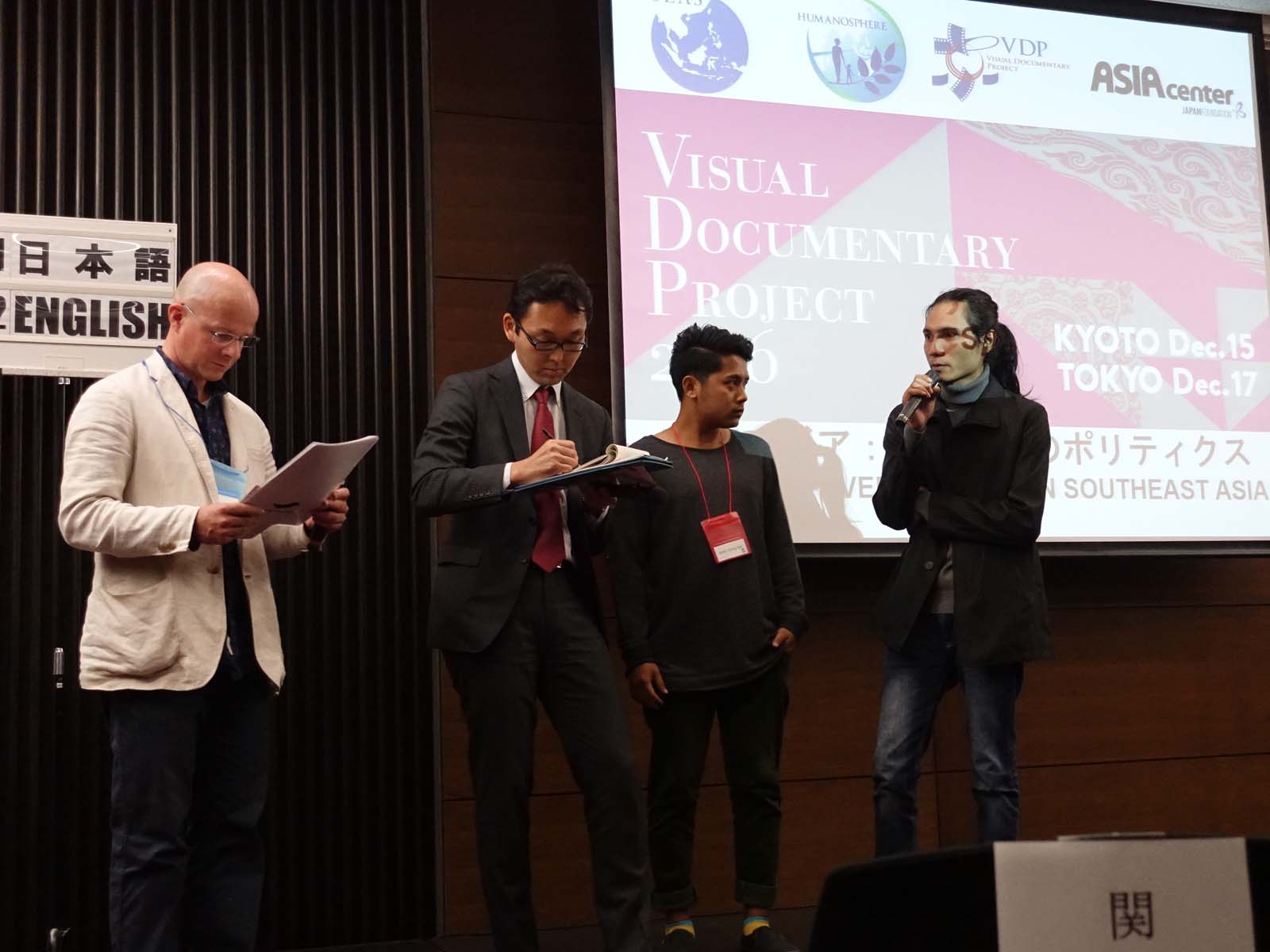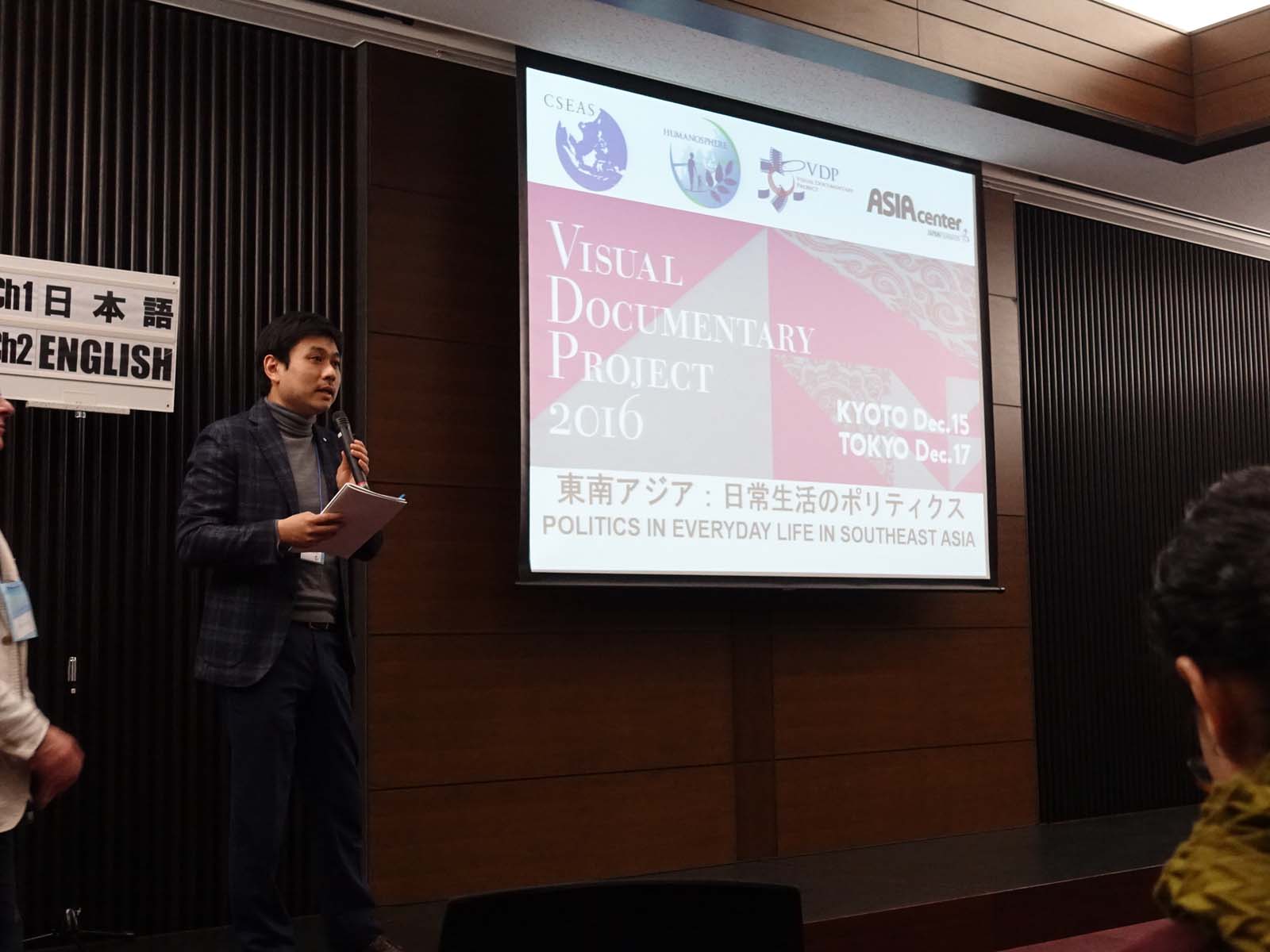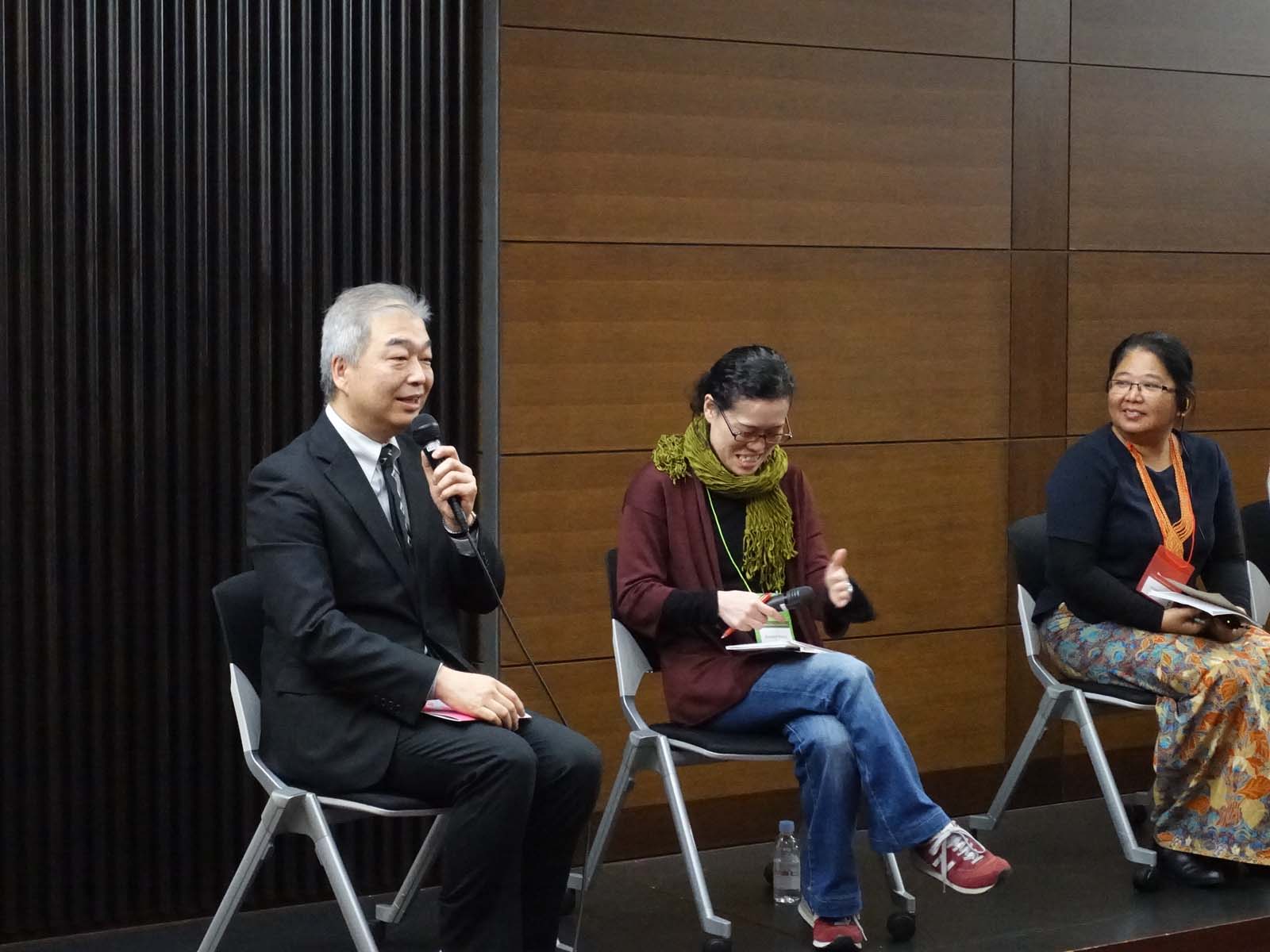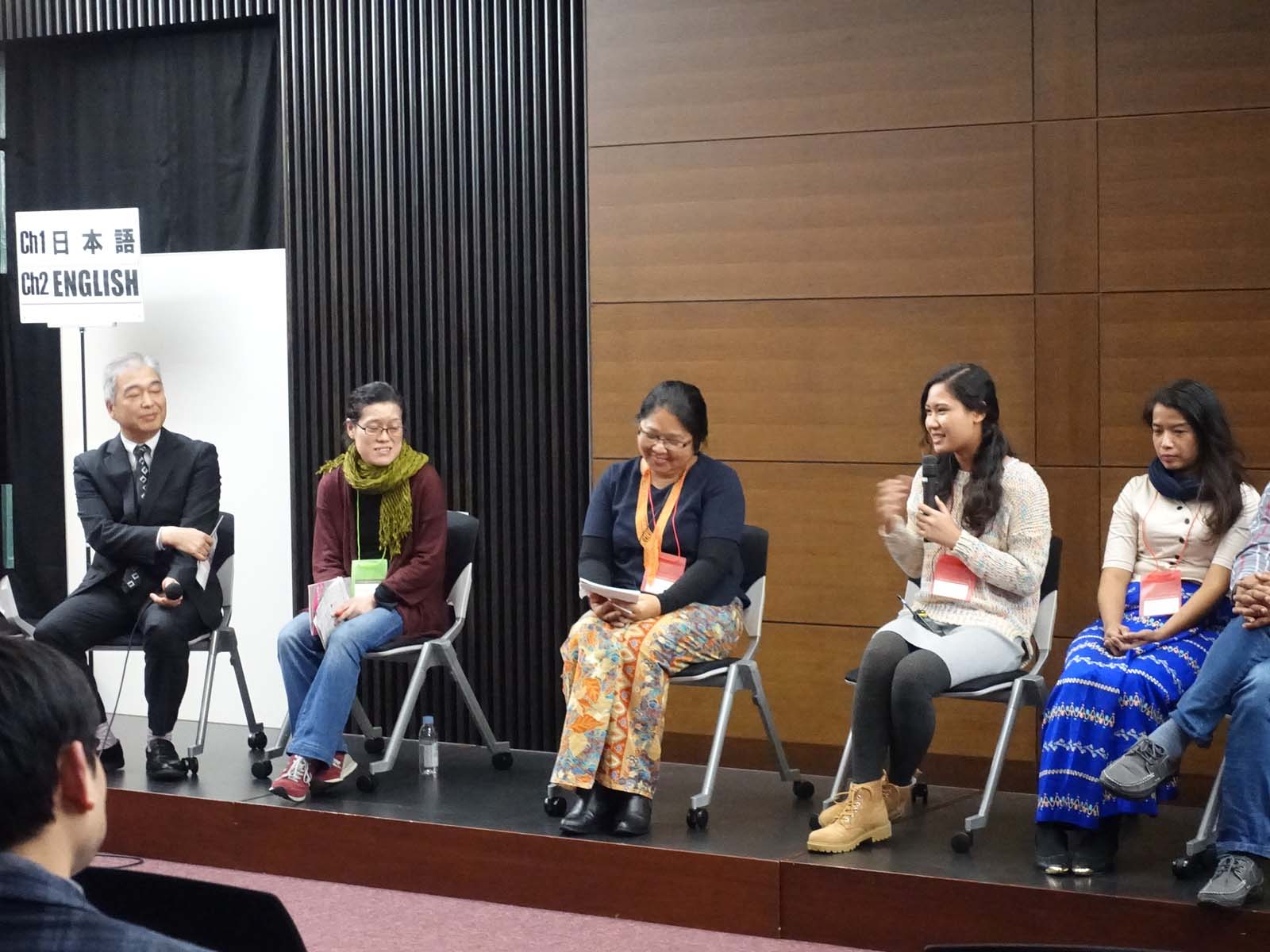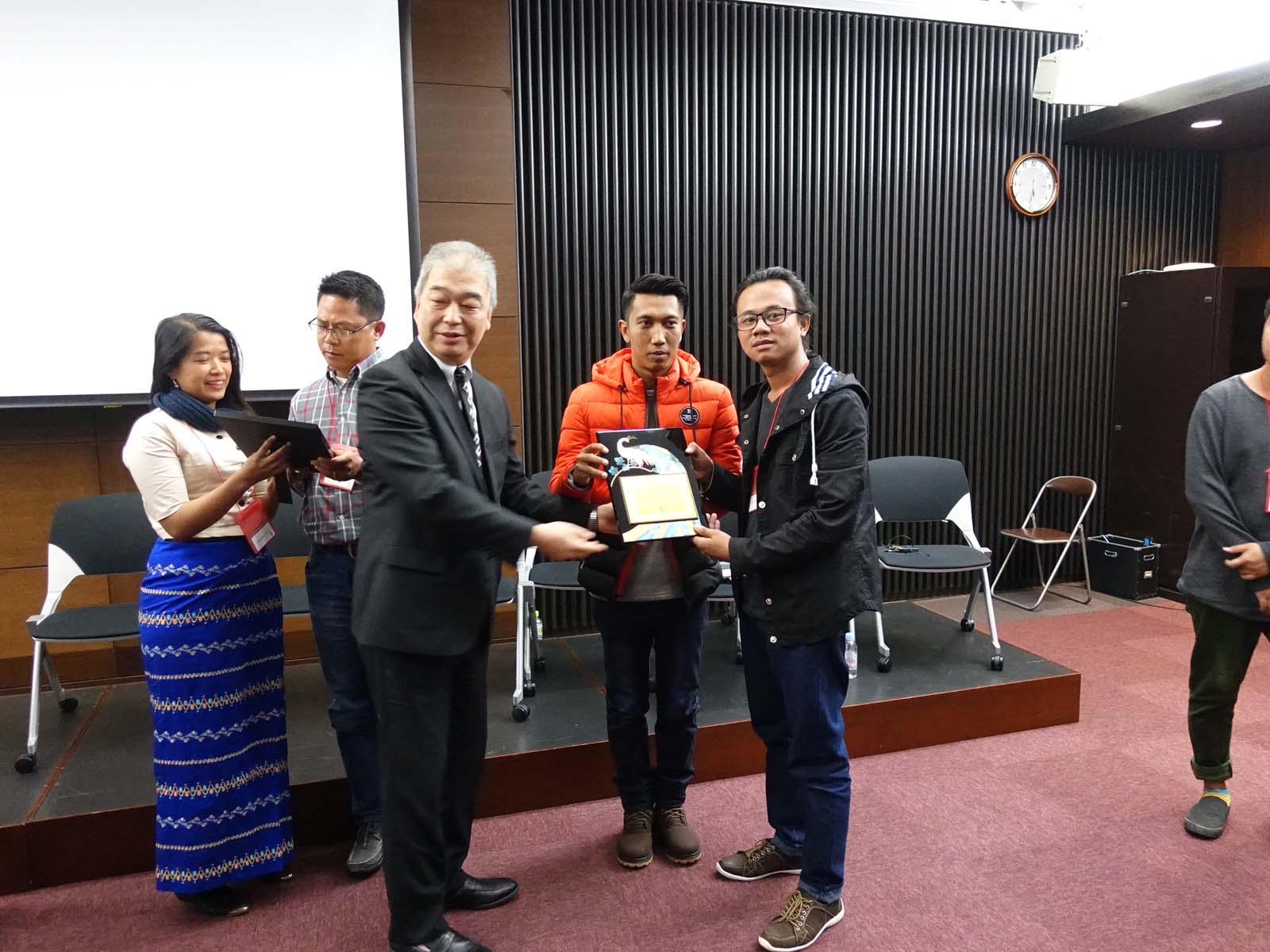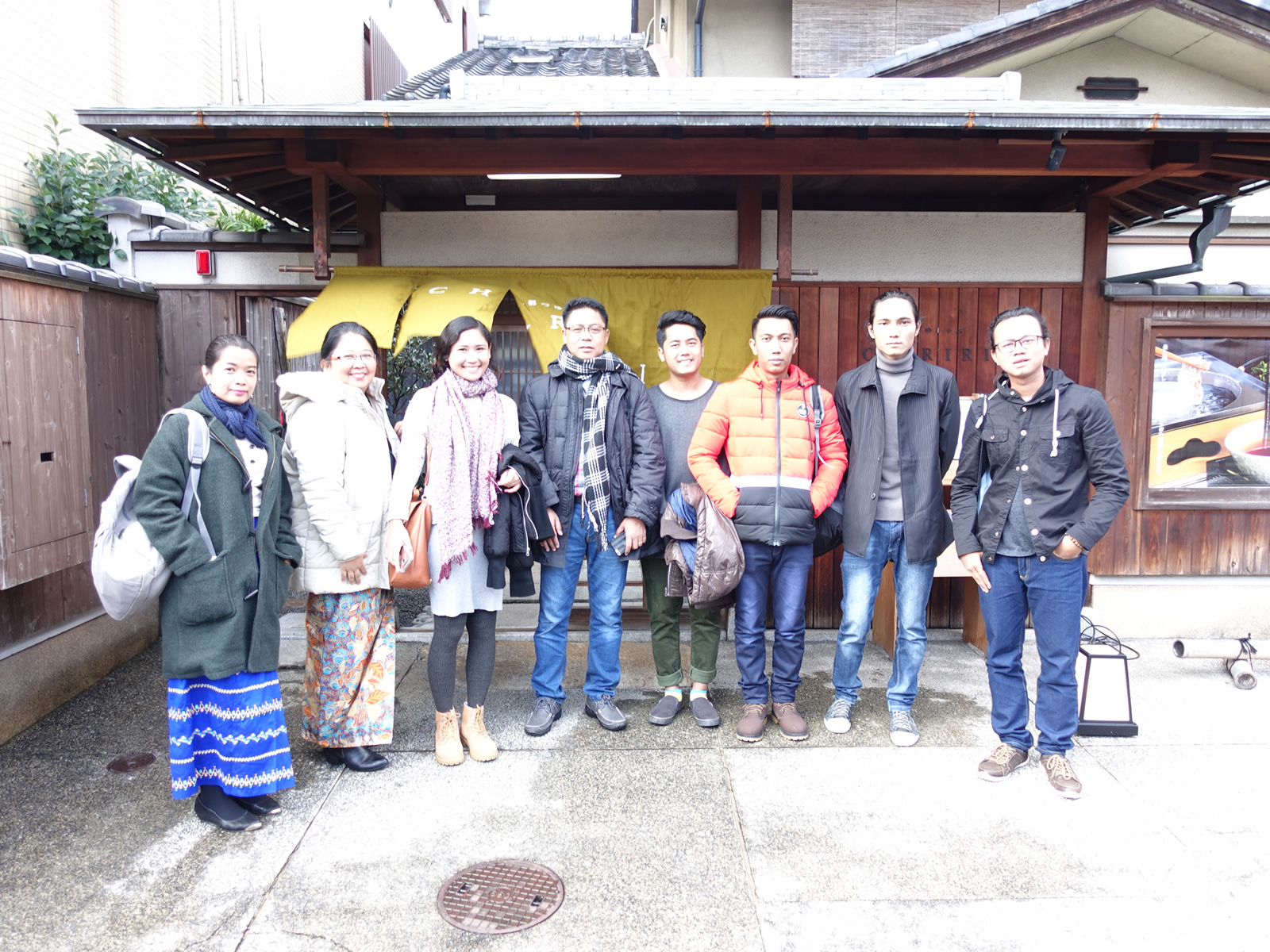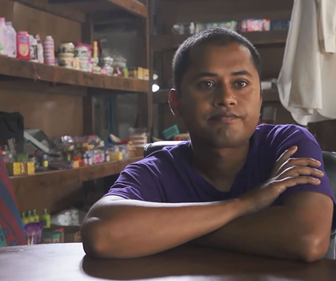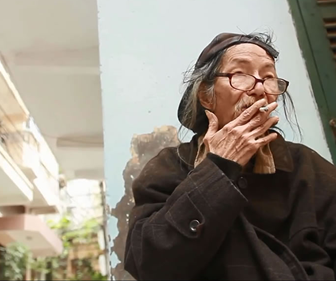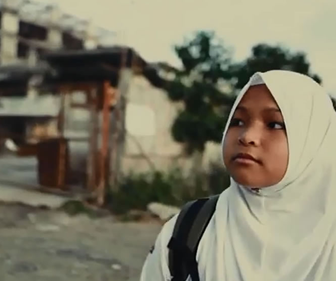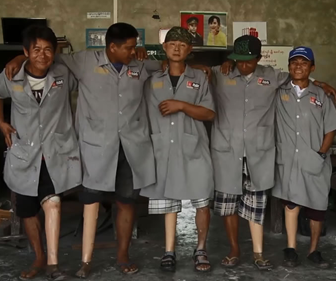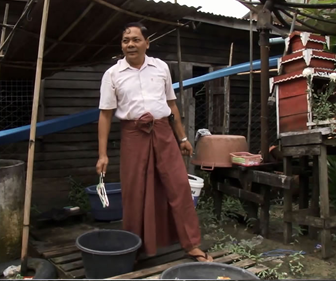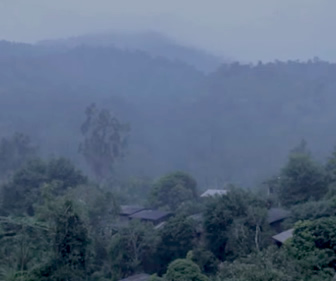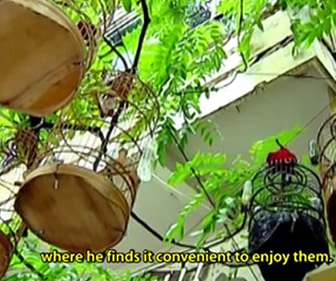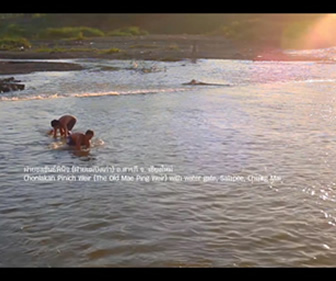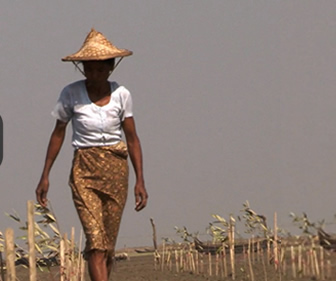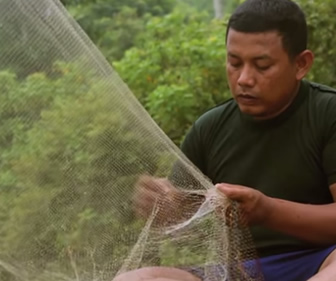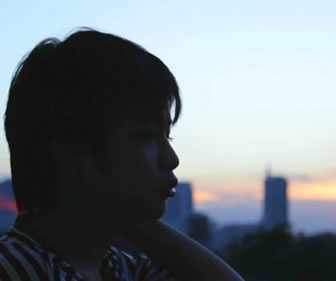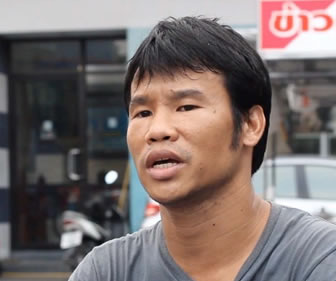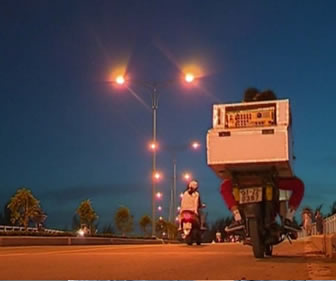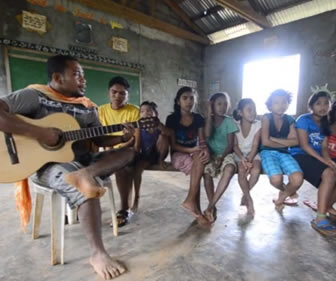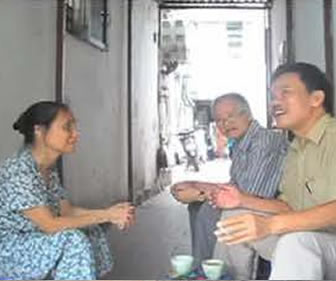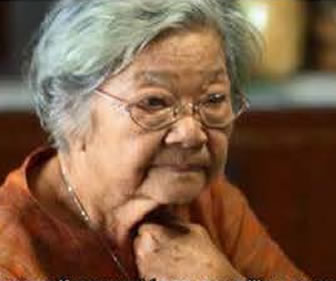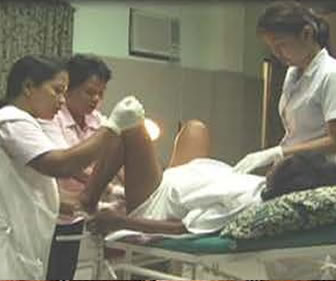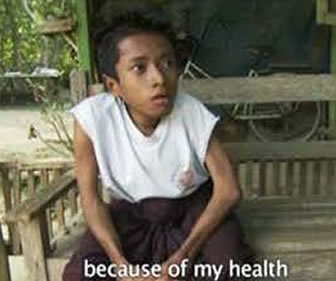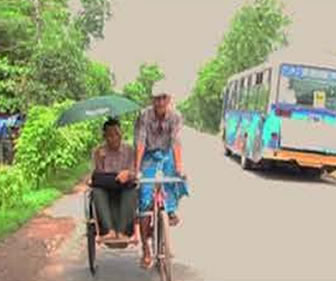Center for Southeast Asian Studies
Date & Time: December 15, 2016 Admission Free
Venue: Center for Southeast Asian Studies, Kyoto University Inamori Memorial 3rd floor, Large Meeting Hall
Language: Japanese / English Translation
Organizer: Center for Southeast Asia Studies
Co-organizer: The Japan Foundation Asia Center
Documentaries line-up 2016
Women of the Forest / Inshallah Montero
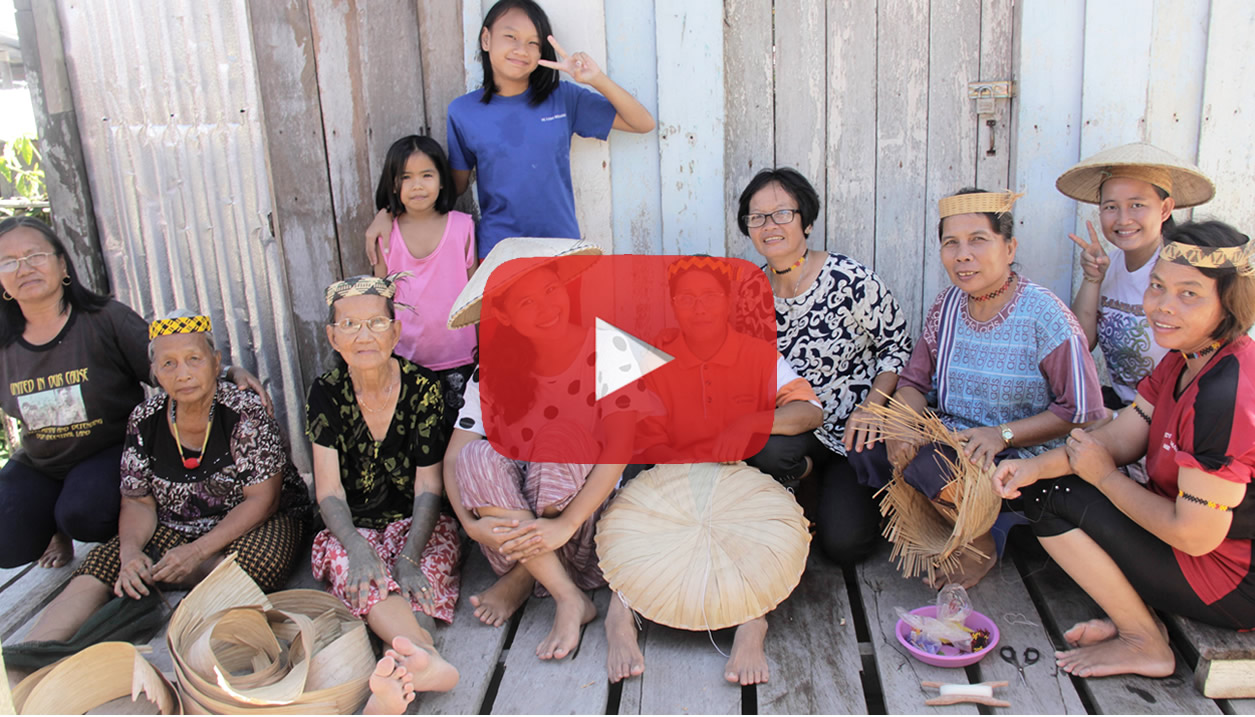 In Sarawak, Malaysia, Borneo’s rainforest is fading into corporate land. This documentary Spotlights the women of the Kayan and Penan tribes, who struggle from both manmade destruction and effects of climate change. It sensitively explores how reproductive health and rights should be included in climate change policies, and, in the form of a dialogue, seeks to protect the rights of these women who live in the Bornean forests.
In Sarawak, Malaysia, Borneo’s rainforest is fading into corporate land. This documentary Spotlights the women of the Kayan and Penan tribes, who struggle from both manmade destruction and effects of climate change. It sensitively explores how reproductive health and rights should be included in climate change policies, and, in the form of a dialogue, seeks to protect the rights of these women who live in the Bornean forests.
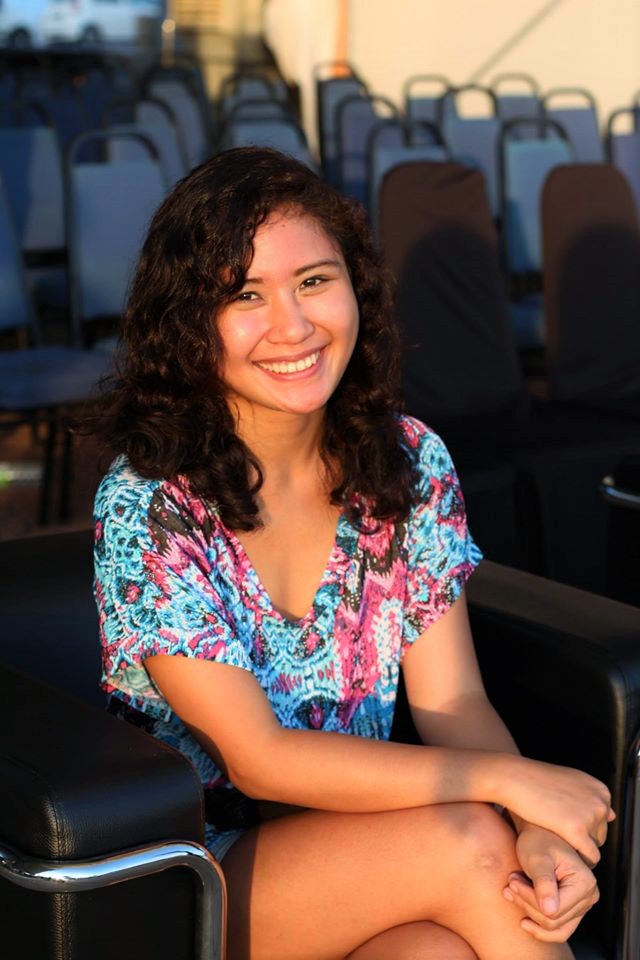 Director/ Cinematographer / Editor / Writer: Inshallah P. Montero
Director/ Cinematographer / Editor / Writer: Inshallah P. MonteroInshallah P. Montero graduated from Bachelor’s Degree in Digital Filmmaking at De La Salle College of St. Benilde. During her studies, her film received the Grand Prize of the Nescafe Video Contest in the year 2011. Her thesis film, “Ang Lalaking Parisukat” received the Best Director and the Best Film awards at the CINESBI 2012 Film Festival and won the prize at the Manhattan International Film Festival 2013 in New York. She is currently more active as a freelance director for documentaries.
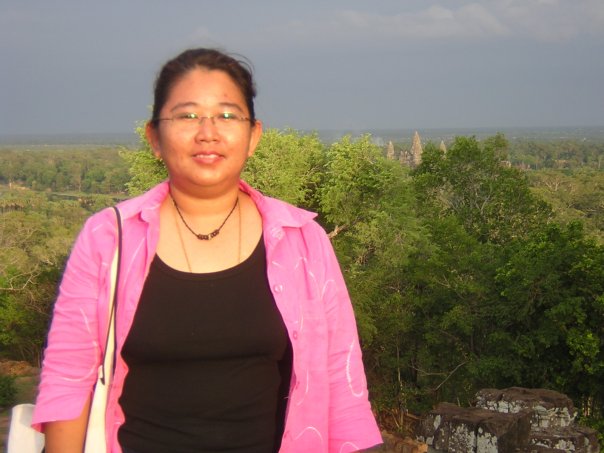 Researcher: Sunitha Bisan
Researcher: Sunitha BisanSunitha Bisan is a gender and development specialist with a Masters in Gender and Development from the Asian Institute of Technology, Bangkok, Thailand. She has a law background graduating from the University of London. Her interest is on gender and sustainable development focusing on community based gender education, advocacy and knowledge bridging.
This was my first time to make a documentary alone and abroad. We didn't speak the same language as I was from the Philippines, but I understood the people I lived with as they welcomed me and as one of the tribe. They poured their hearts out as they told their stories, and as I listened through a translator, I felt their anger and frustration. It is an honor to give these remarkable people a voice, and I hope I can share their stories to the world, to amplify their voice and be provided with the rights they truly deserve.
Mother & Son / Thwe Myo Nyunt
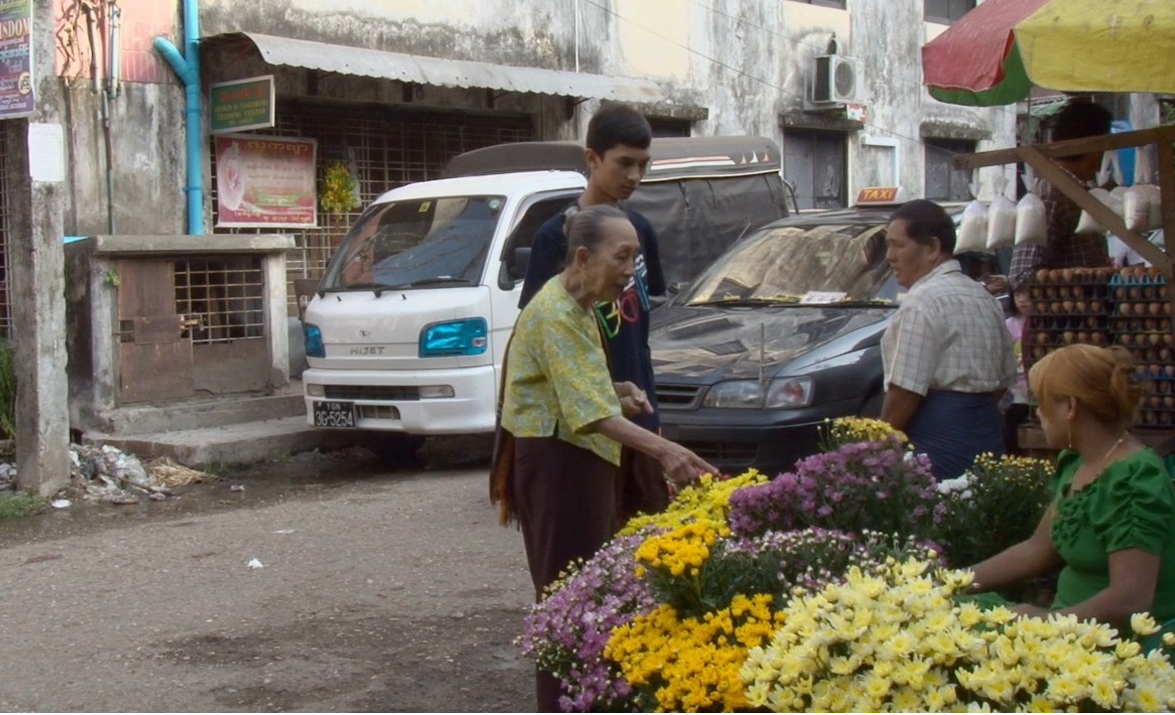 A mother whose son took part in the 1988 pro-democracy uprising, recalls the struggles and sacrifices they made for a more open society in Myanmar. Her experience reflects the anguish of many families and tells us that political activism comes at a cost.
A mother whose son took part in the 1988 pro-democracy uprising, recalls the struggles and sacrifices they made for a more open society in Myanmar. Her experience reflects the anguish of many families and tells us that political activism comes at a cost.
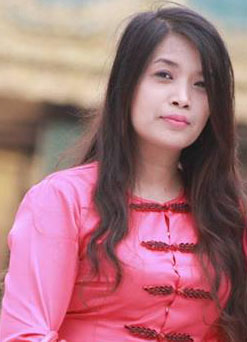 Director: Thwe Myo Nyunt
Director: Thwe Myo NyuntThwe Myo Nyunt was born in Yangon into a literary family – her father was a publisher and her mother a successful author. After studying physics at University of Yangon, she followed the family tradition and began working as a journalist. An editor of The People's Age, a weekly journal published in Yangon, she often writes about social and civil society issues. Having joined Yangon Film School in 2012 as a scriptwriter, she later decided to also try her hand at documentary. Mother & Son is her first film as a director.
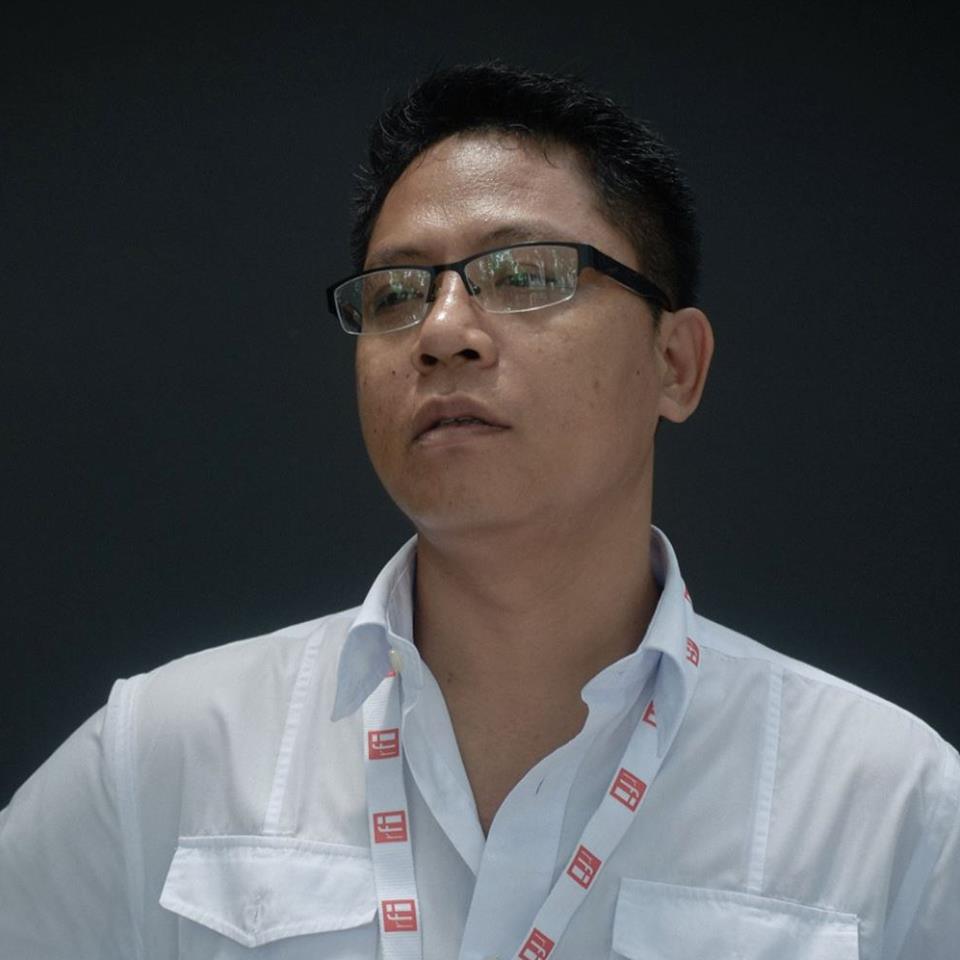 Editor: Zaw Win Htwe
Editor: Zaw Win HtweZaw Win Htwe began his career as an editor with Natural Video Group in 2000. From 2000 to 2009, he edited around 15 major films and around 80 videos during that time. After 2009, he joined Yangon Film School and learned documentary filmmaking and editing courses from international mentors. Since then, he has collaborated with various filmmakers to work on documentaries and fiction.
Our country was under military rule about 50 years. People try to change the system for democracy and protest against the government. 88 uprising is unforgettable uprising in Myanmar. Many students died and arrested. The family of political prisoners are face with so many difficulties and other people are afraid to connect with them. They are like to stay away from the relatives and surroundings. Although they didn’t involve particularly, the parents especially the strong spirit of mothers give a big support and really important for our country democratization. So this film represents all the mothers of political prisoners.
60 Days / Htut Ye Kyaw, Sett Paing Aung, Pyay Maw Thein
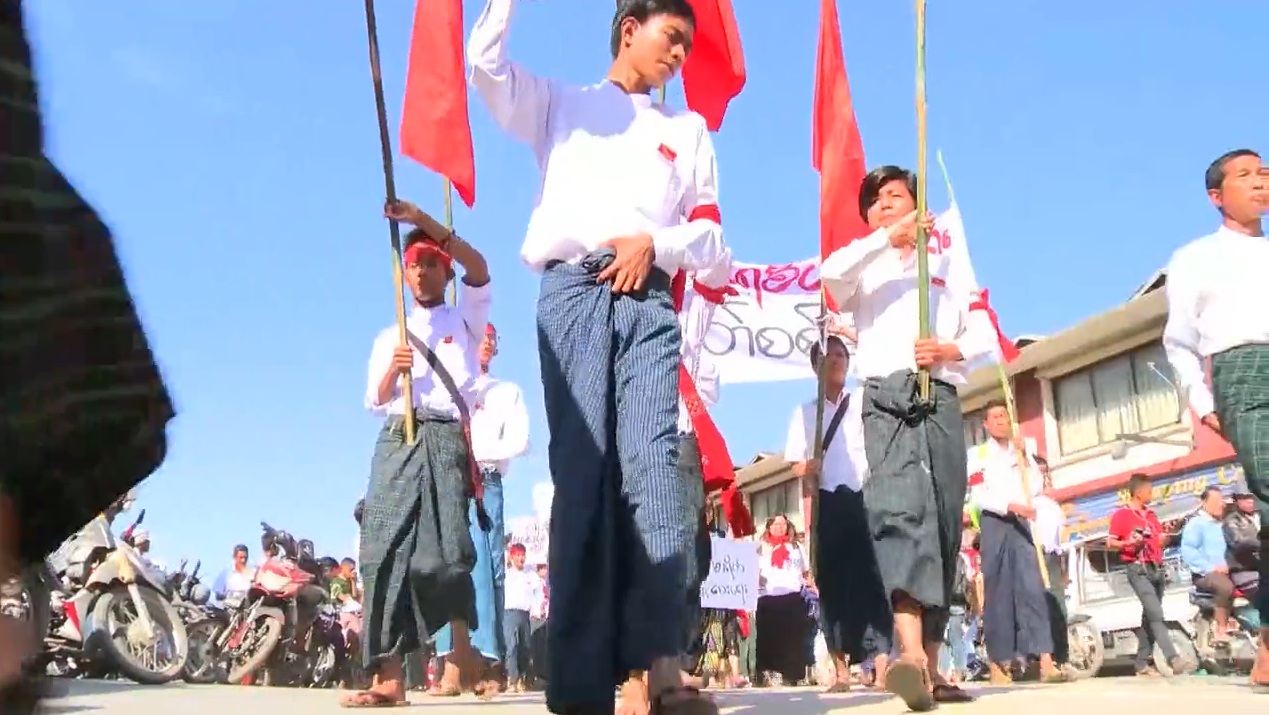 On November 17, 2014, amidst the protests regarding the national educational law in Myanmar, a 60-day moratorium was announced by the students. This documentary explores the student protest through this interim, an important step in the country's national education reform, including interviews with students who were actually involved.
On November 17, 2014, amidst the protests regarding the national educational law in Myanmar, a 60-day moratorium was announced by the students. This documentary explores the student protest through this interim, an important step in the country's national education reform, including interviews with students who were actually involved.
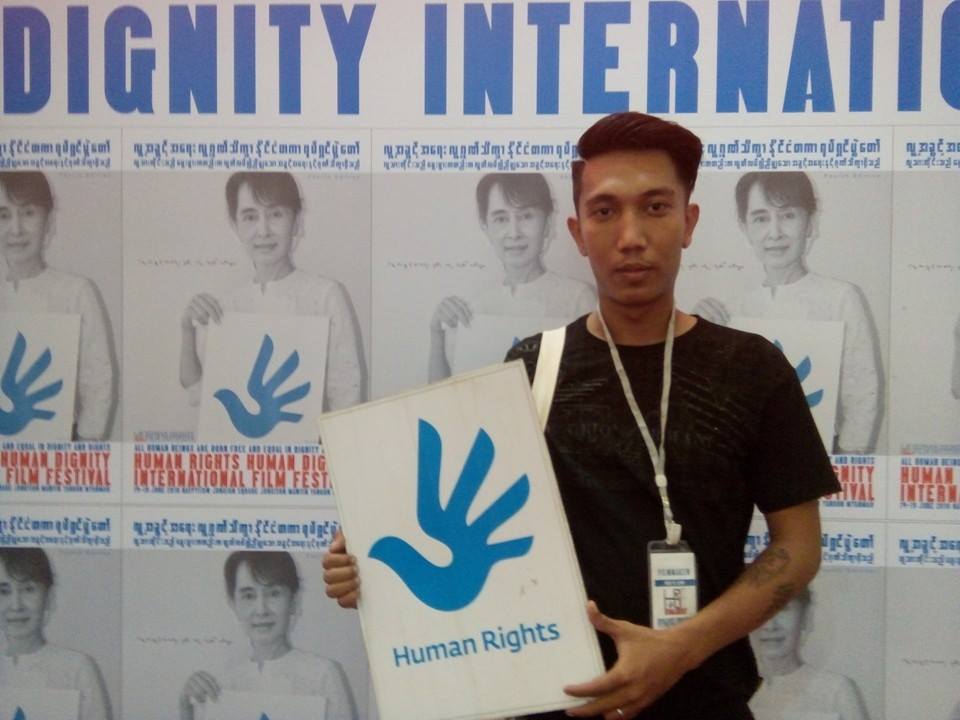 Director: Htut Ye Kyaw
Director: Htut Ye KyawBorn in Pakokku, Myanmar in 1990. Htut Ye Kyaw was graduated from Pakokku University 2015. His film “60 Days” was selected for screening in the Human Rights Human Dignity International Film Festival in 2015 in Yangon Myanmar. It was also screened in Burma Studies Conference hosted by Chiang Mai University in Chiang Mai, Thailand in 2015.
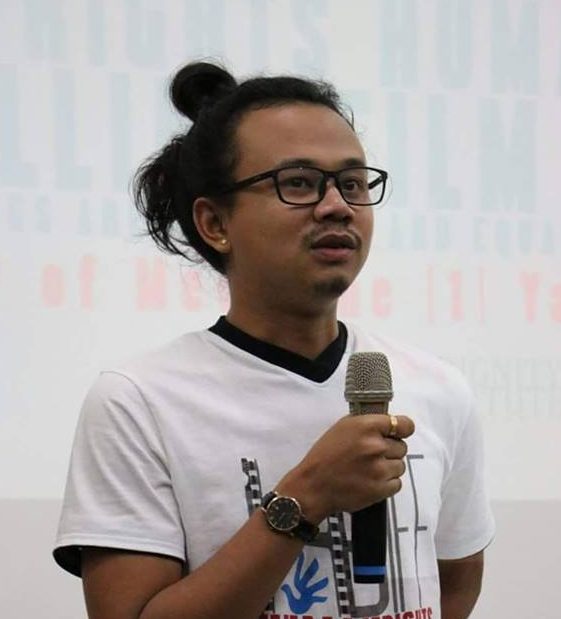 Director: Sett Paing Aung
Director: Sett Paing AungBorn in Hninpale Village, Bilin Township, Mon State, Myanmar in 1991. He was graduated with Law (LL.B) from Mawlamyine University in 2012. After he got Bachelor Degree, he worked as a Lawyer. He studied human right filmmaking in the Human Dignity Film Institute in 2015. He is a Poet, a Writer and a Filmmaker.
Director: Pyay Maw Thein
Vein/ Htet Aung San, Phyo Zayar Kyaw, KO JET
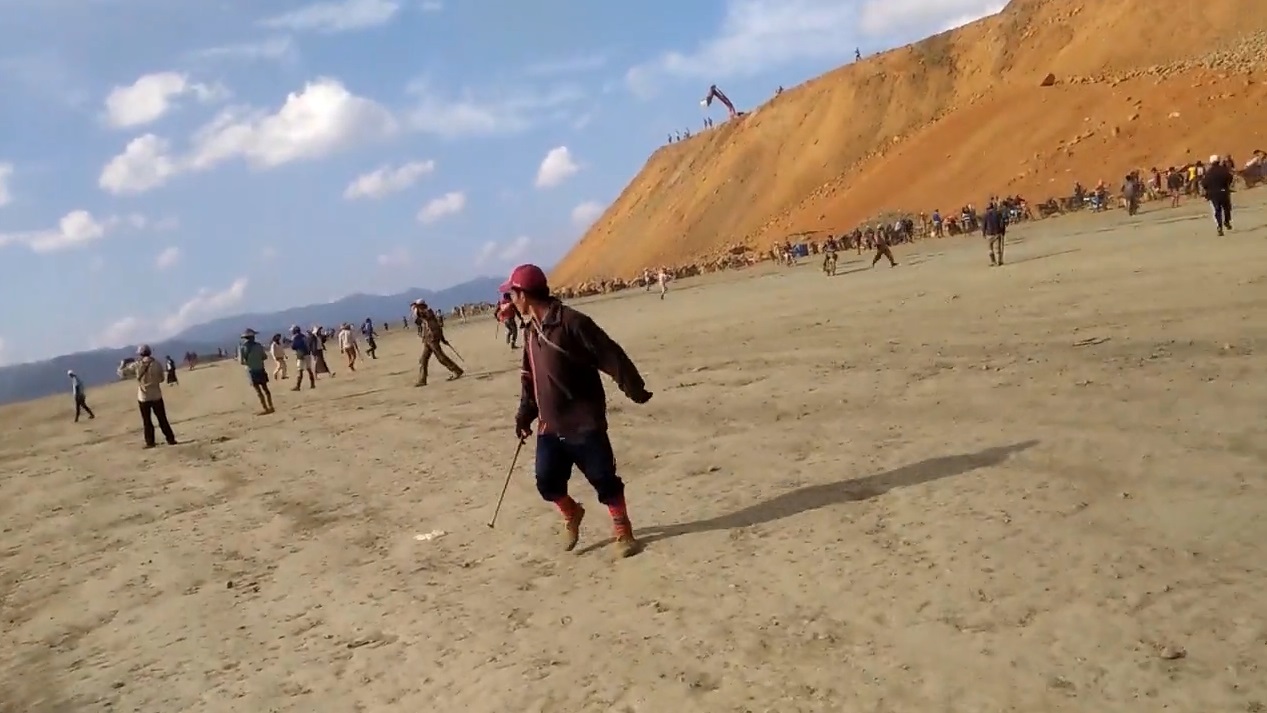 A relatively unspoken part of life in Myanmar, this documentary sheds light on the mining sites and dangers that surround laborers as they search for jade. This documentary offers an stark portrayal of mining in Myanmar and the everyday risks that miners face trying to make a living.
A relatively unspoken part of life in Myanmar, this documentary sheds light on the mining sites and dangers that surround laborers as they search for jade. This documentary offers an stark portrayal of mining in Myanmar and the everyday risks that miners face trying to make a living.
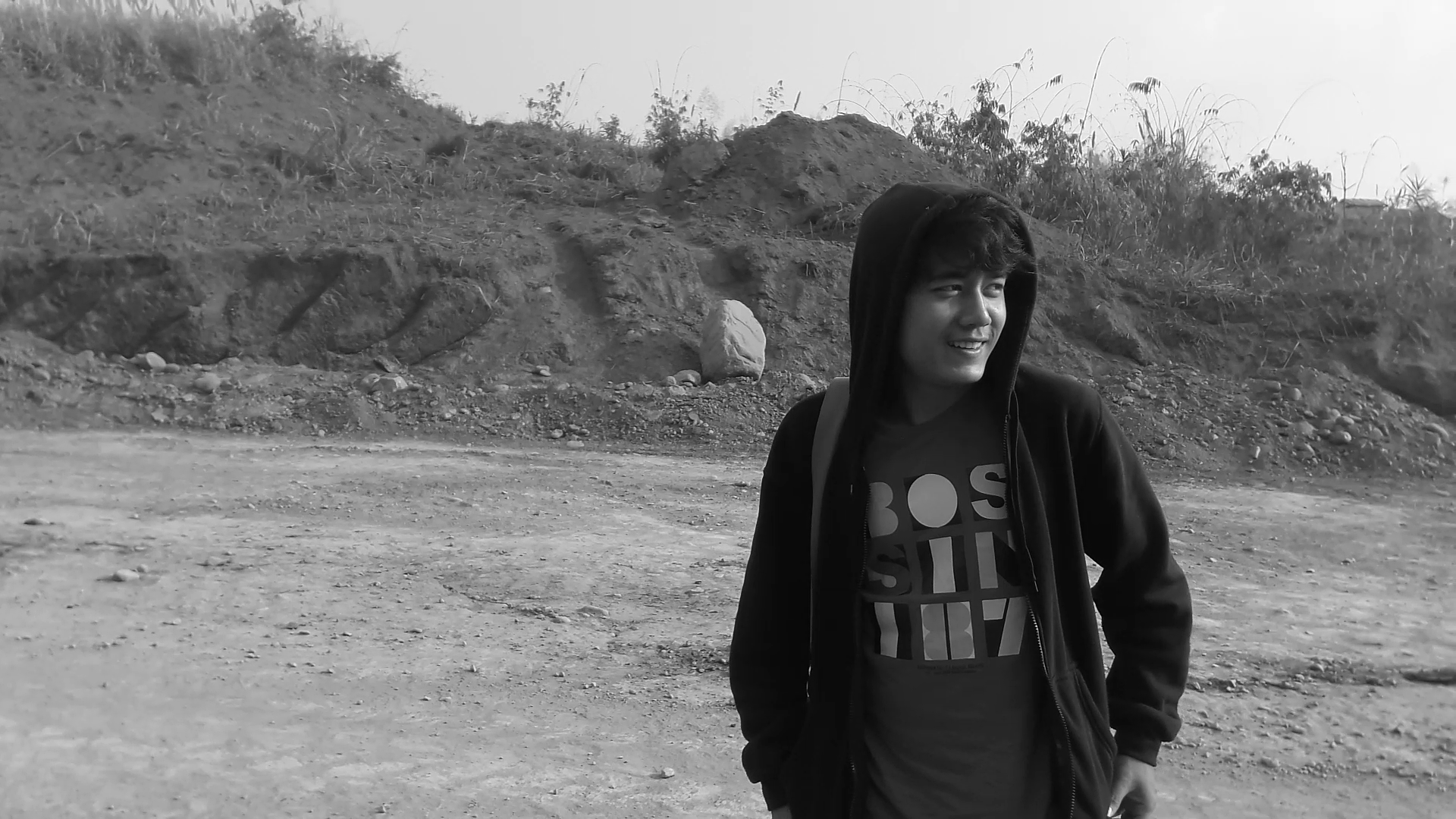 Director: Htet Aung San
Director: Htet Aung SanBorn in Yangon, Myanmar in 1993. Htet Aung San was graduated from Dagon University in 2014. He studied human rights filmmaking in Human Dignity Film Institute in 2015. “Vein” won two awards at the Human Rights Human Dignity International Film Festival in 2016 in Yangon, Myanmar.
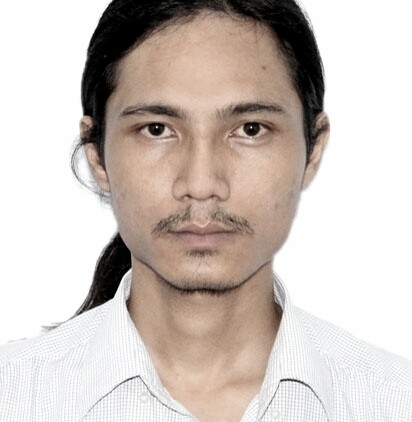 Director: KO JET
Director: KO JETBorn in Mandalay, Myanmar in 1990. Ye Lin Aung was graduated from National University of Art And Culture Mandalay on 2012. He studied human rights filmmaking in Human Dignity Film Institute in 2015.
Director: Phyo Zayar Kyaw
